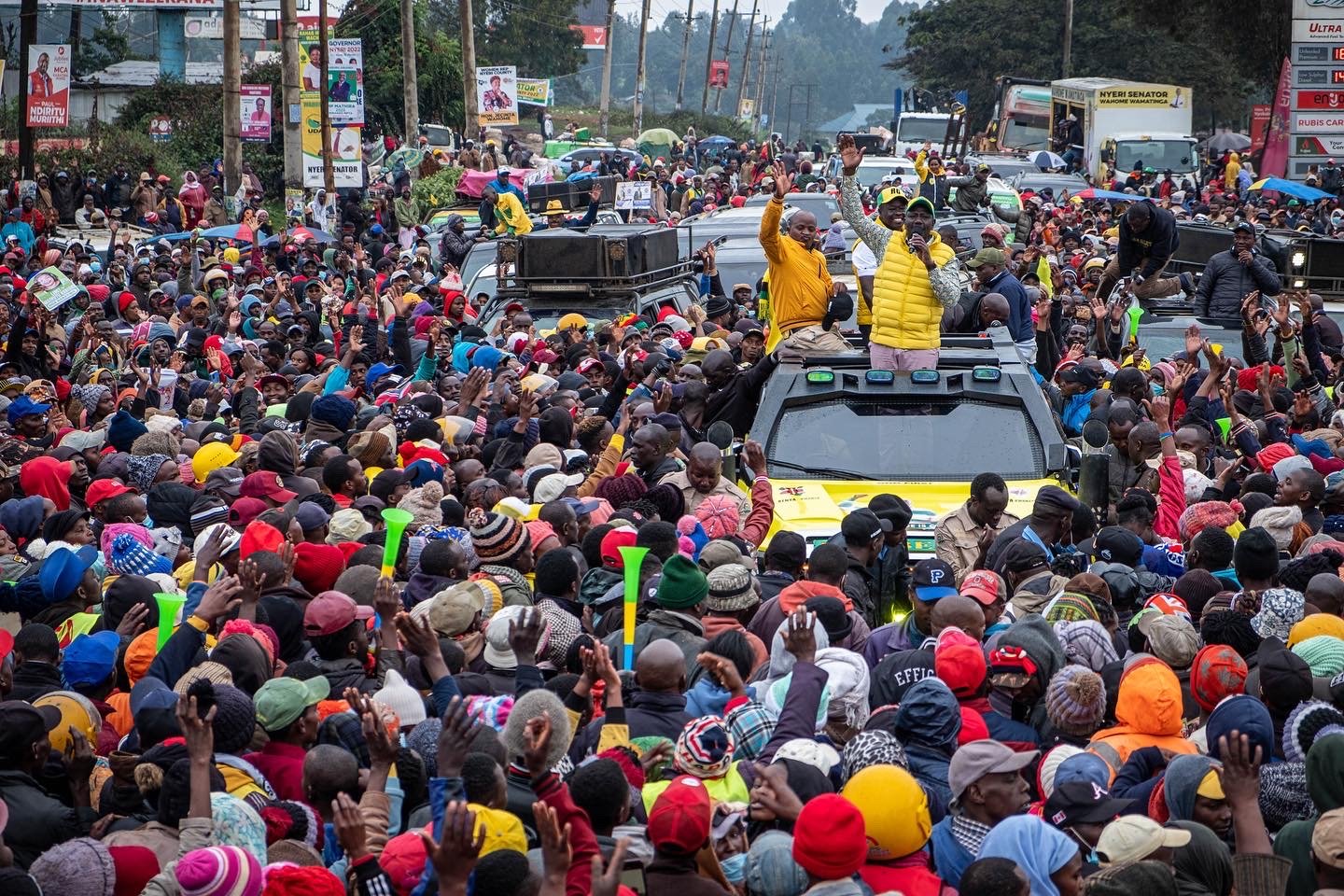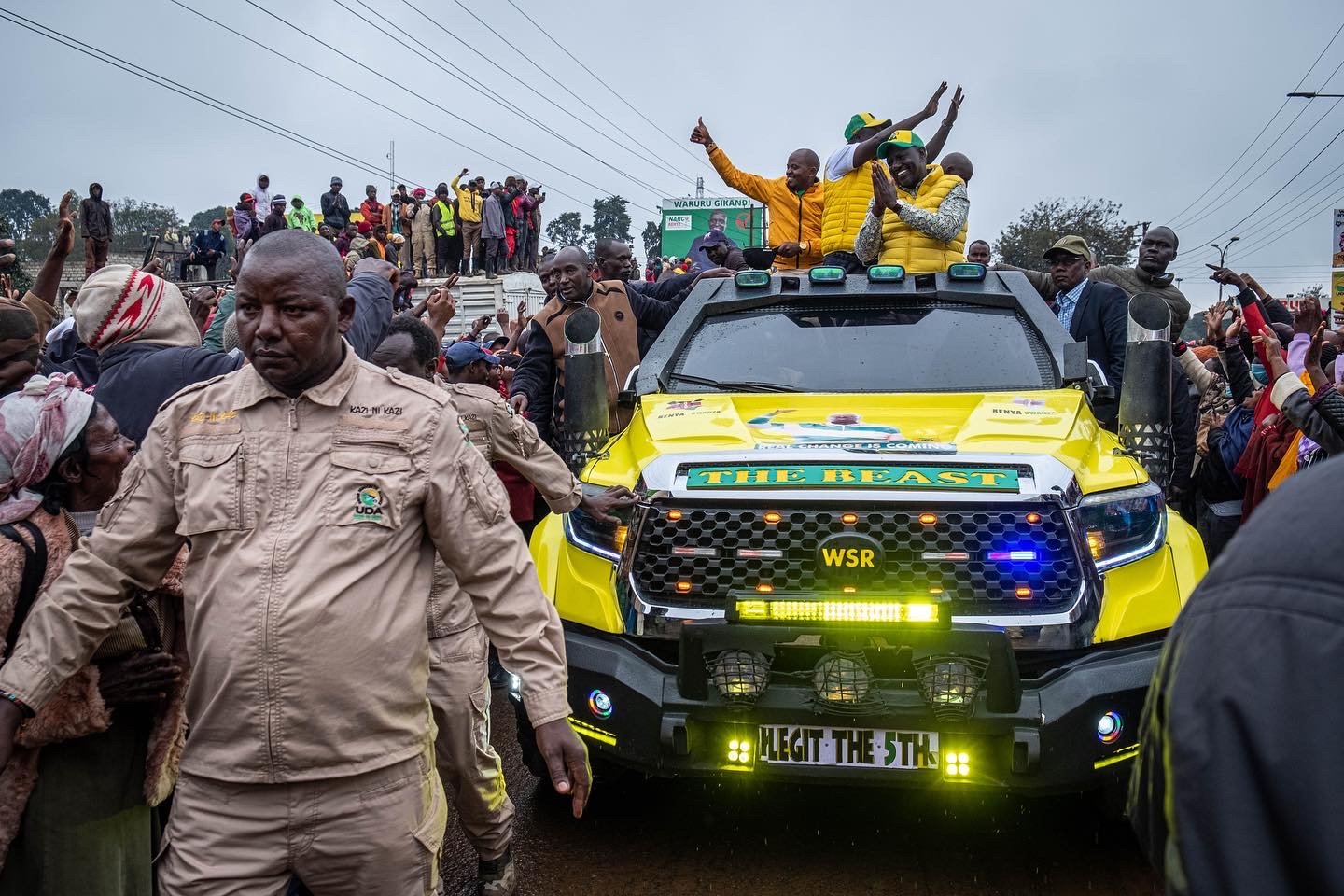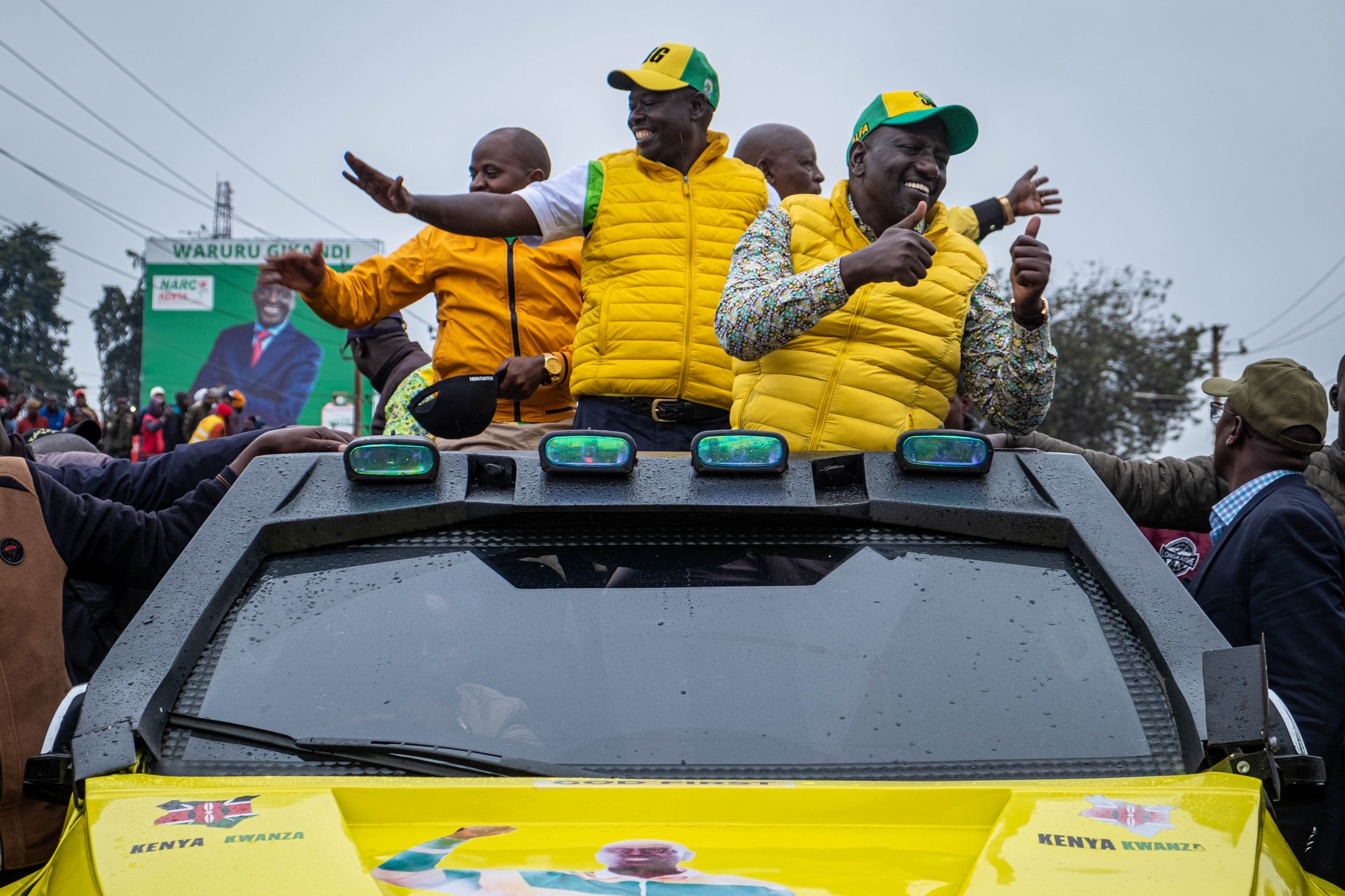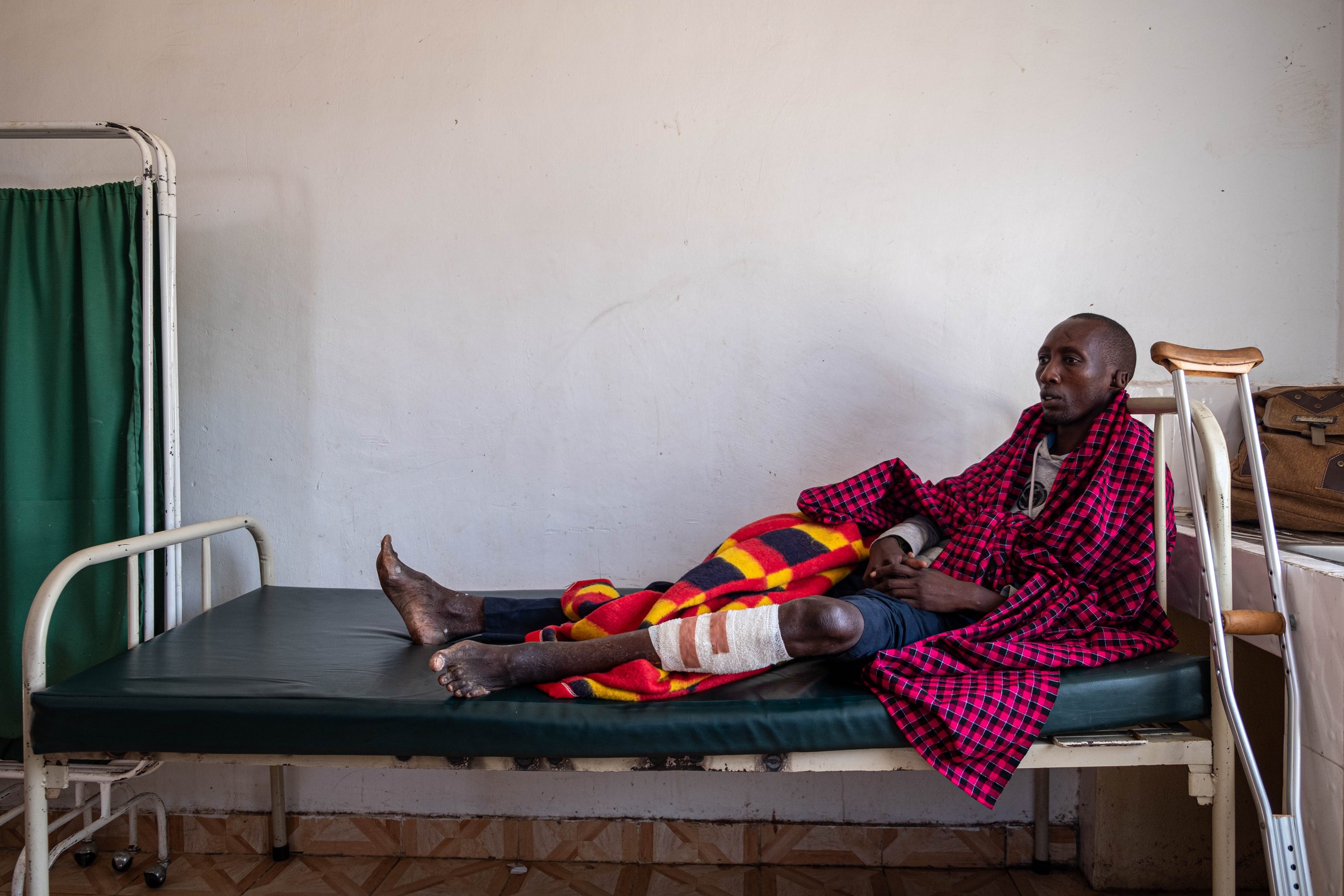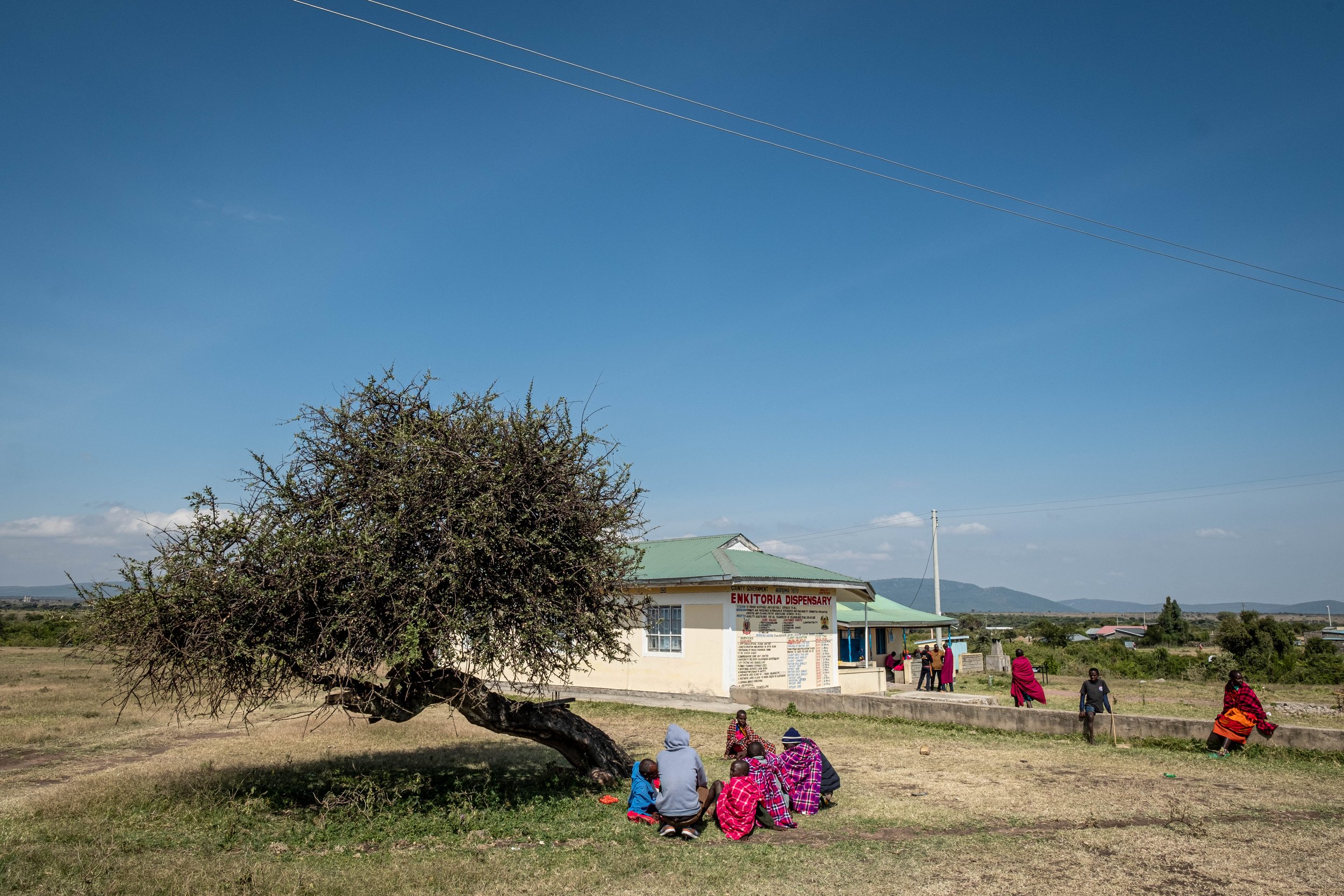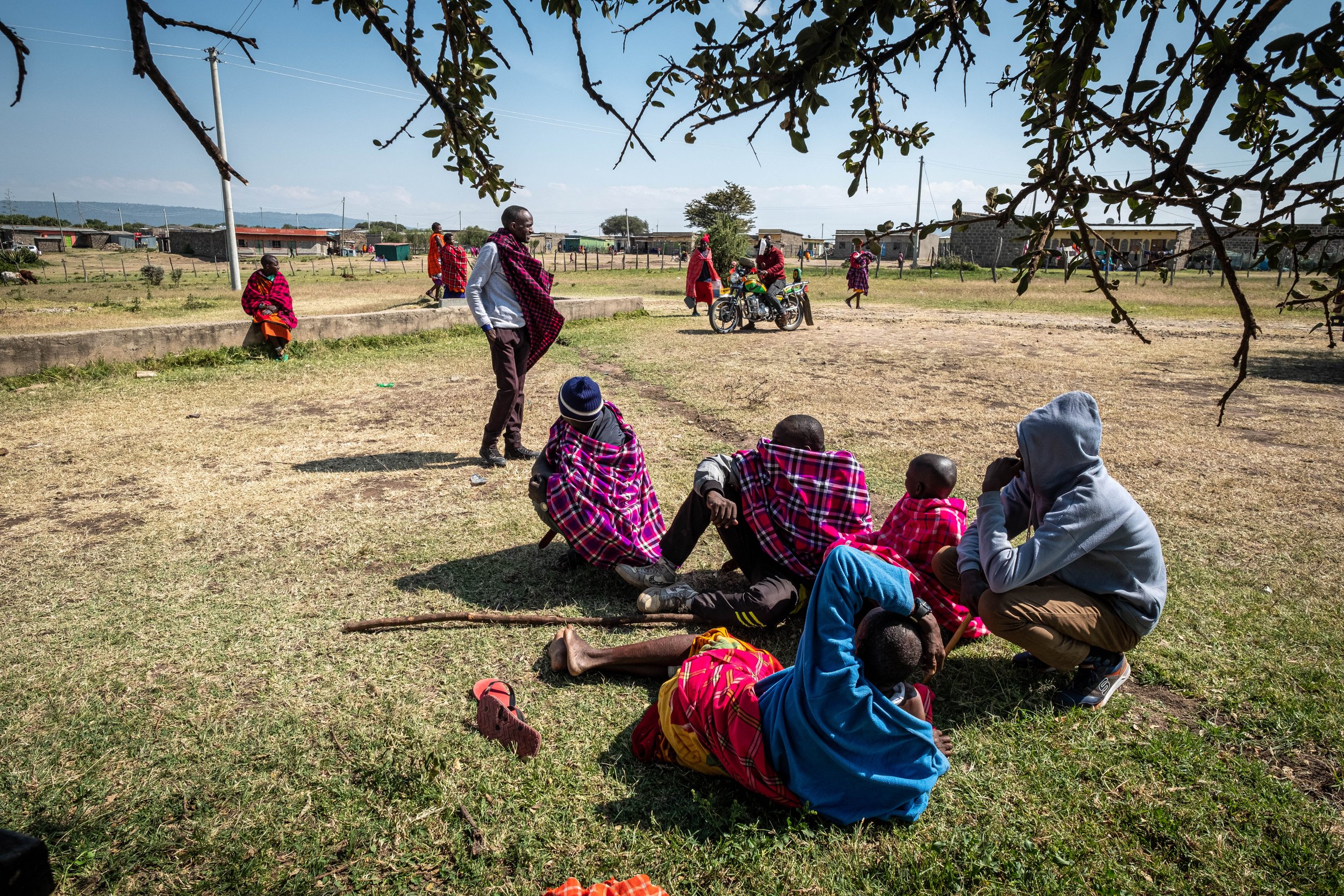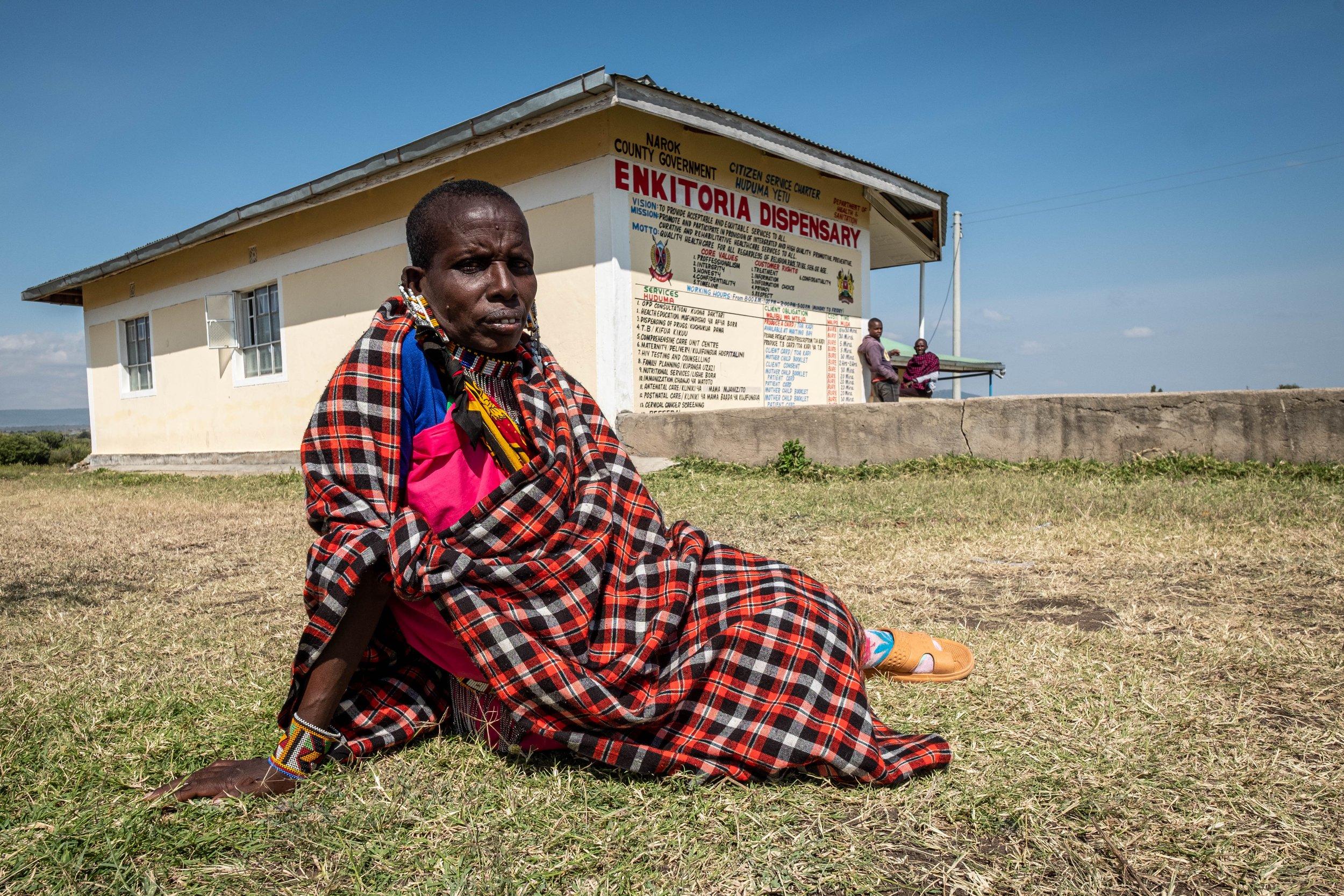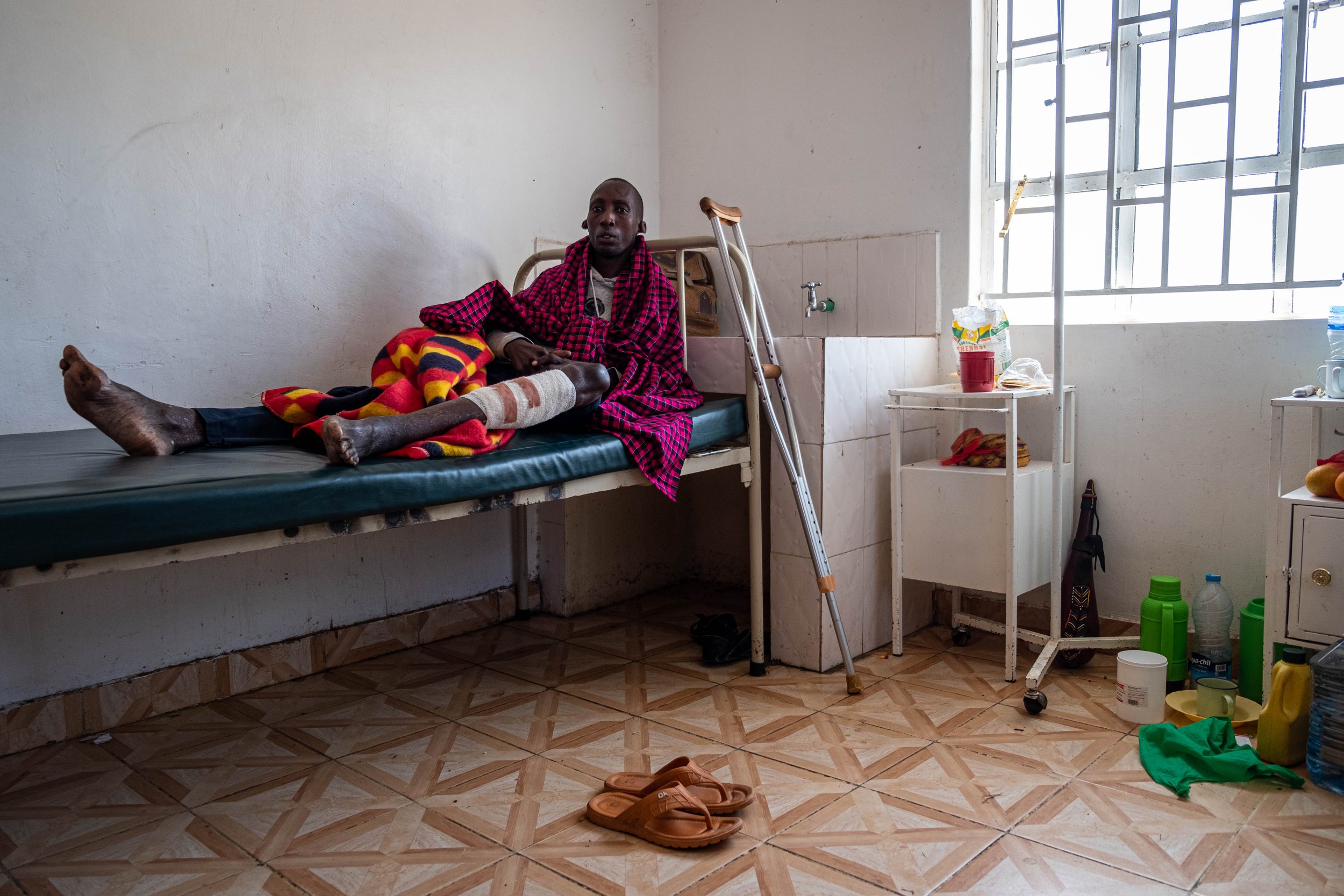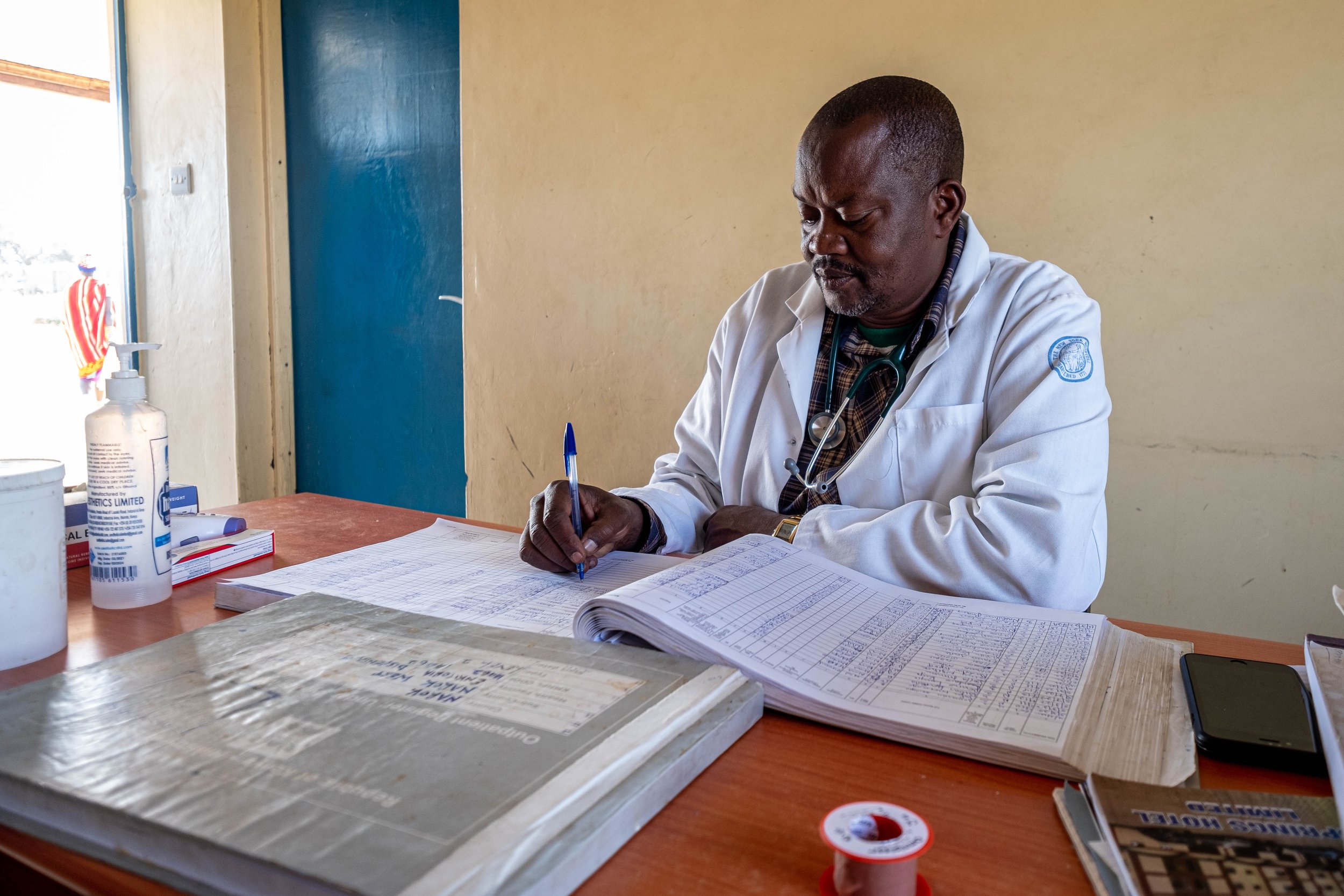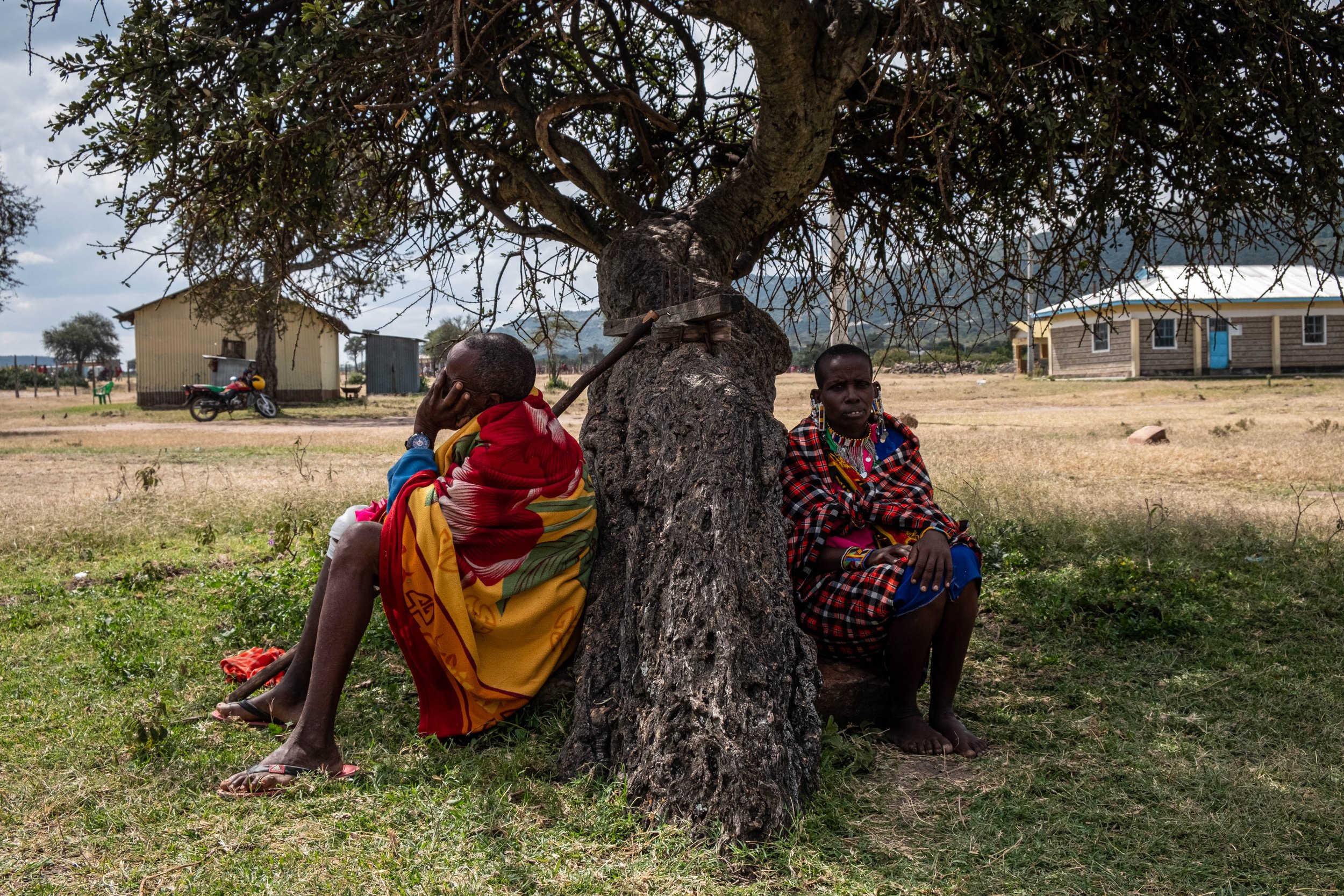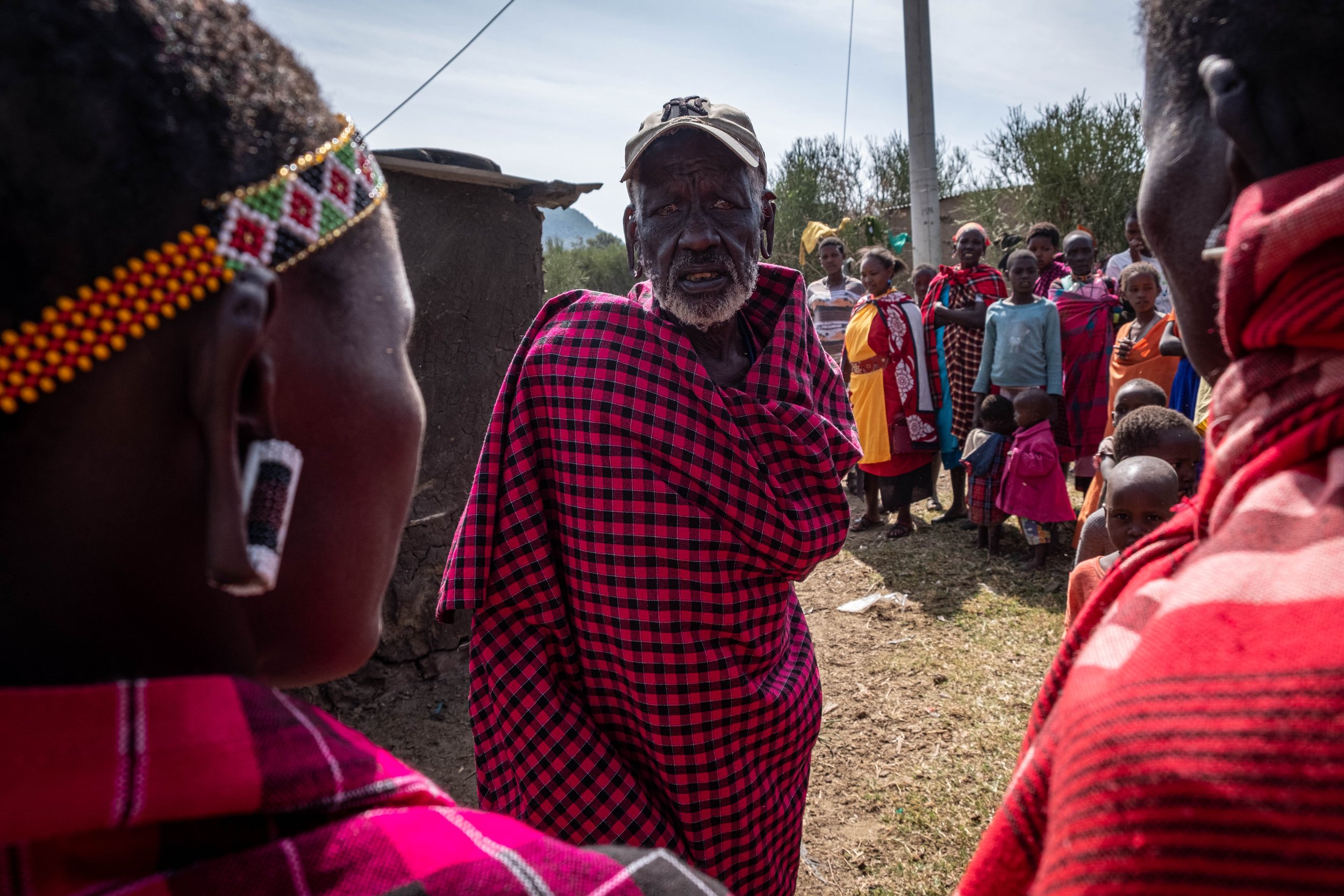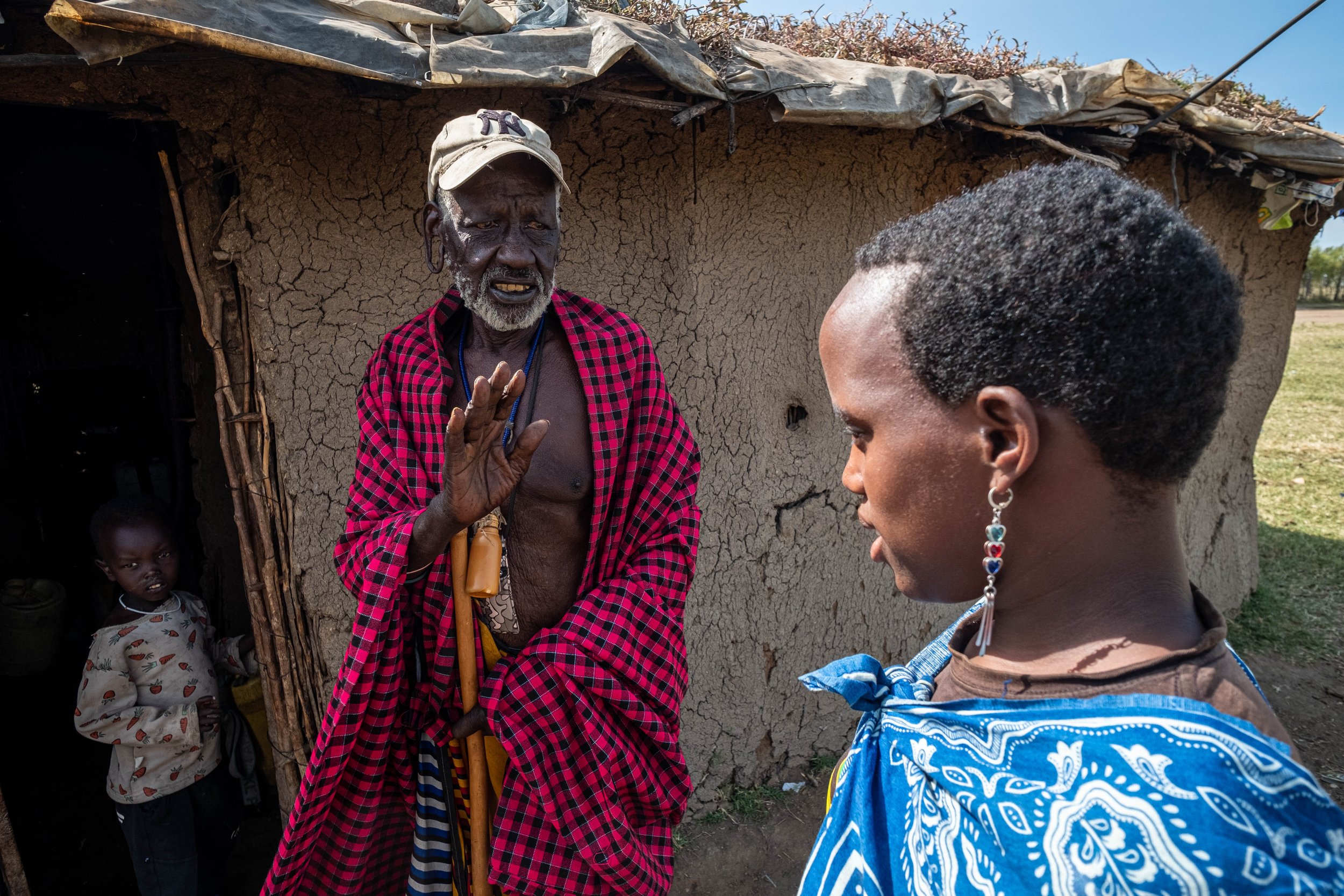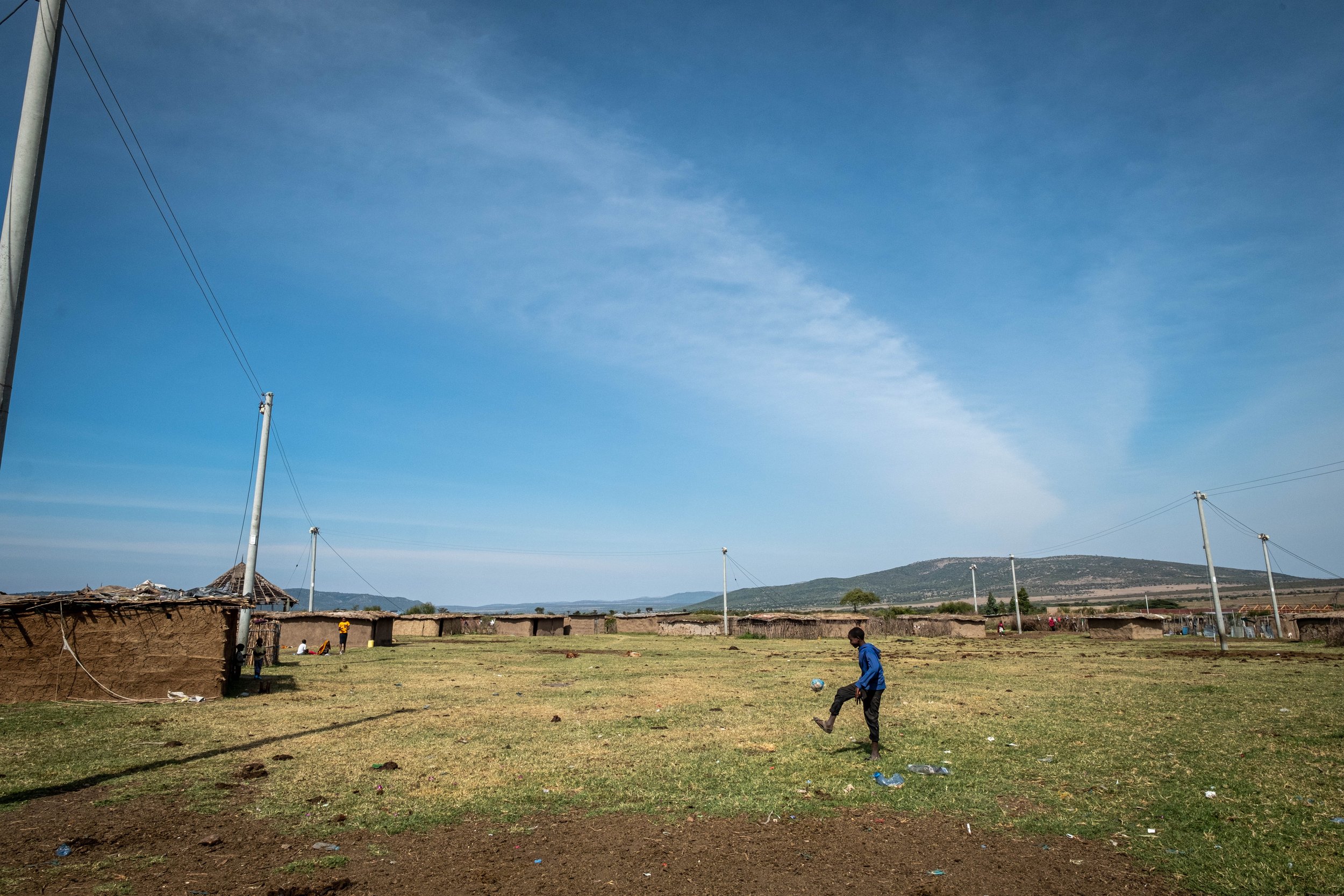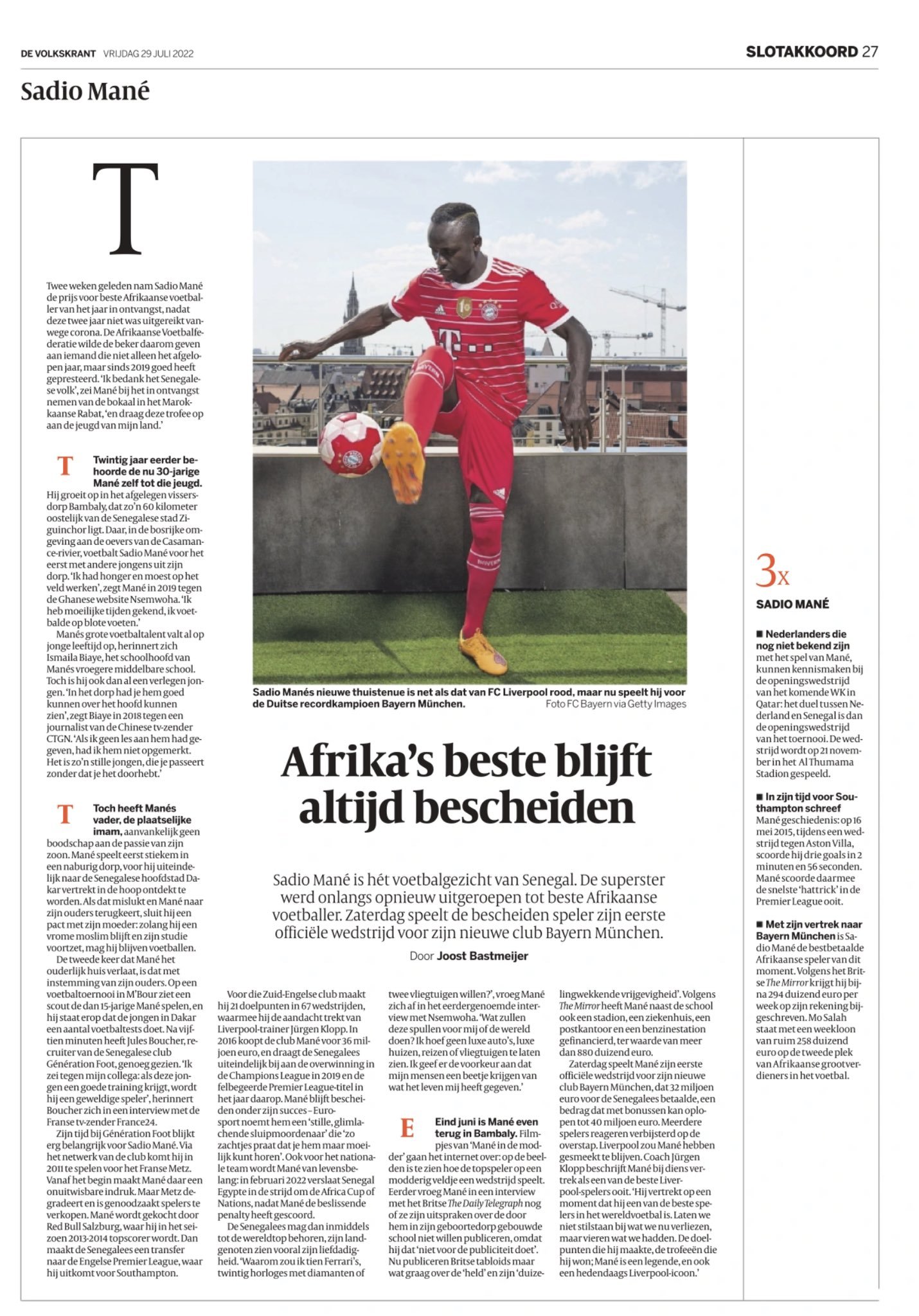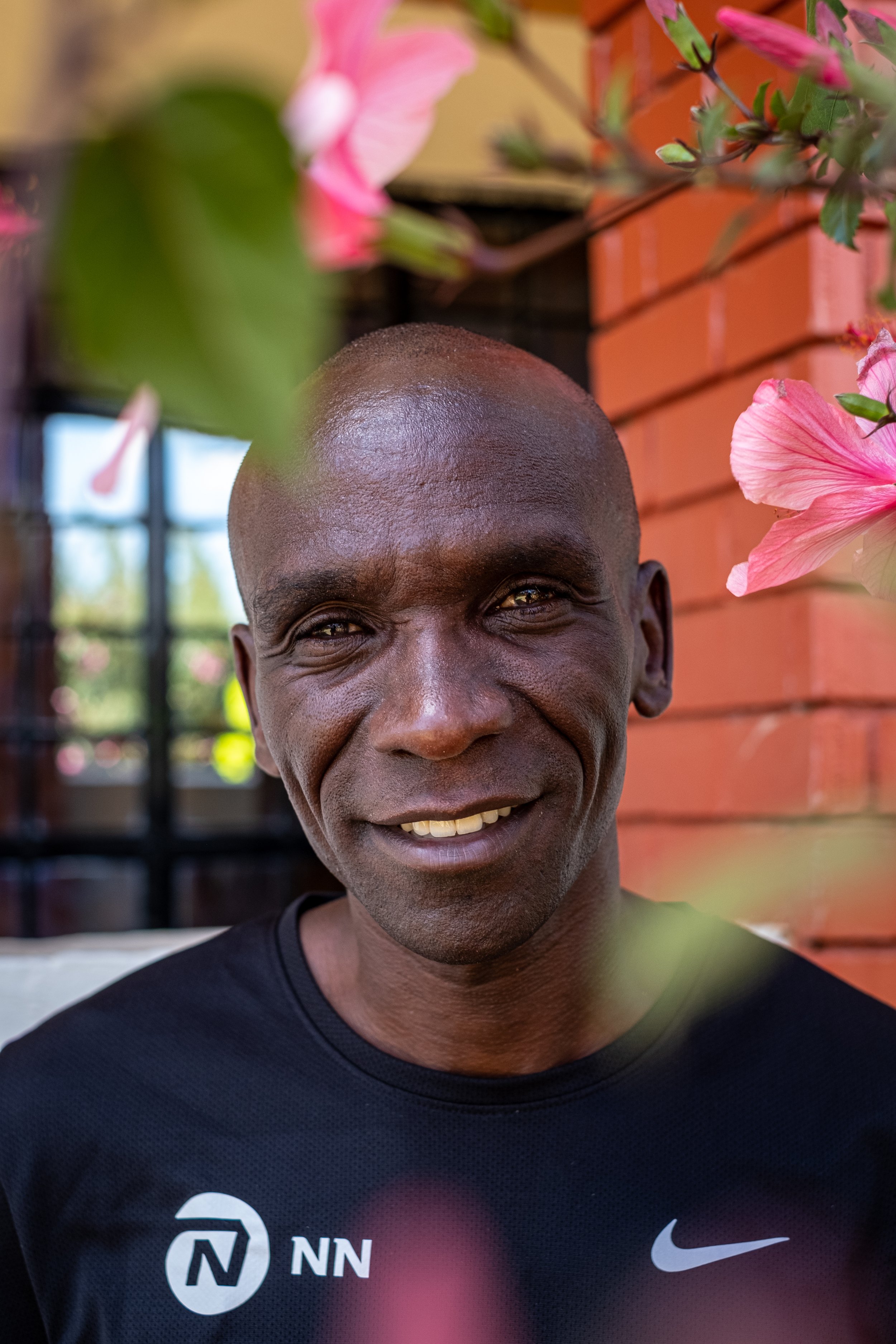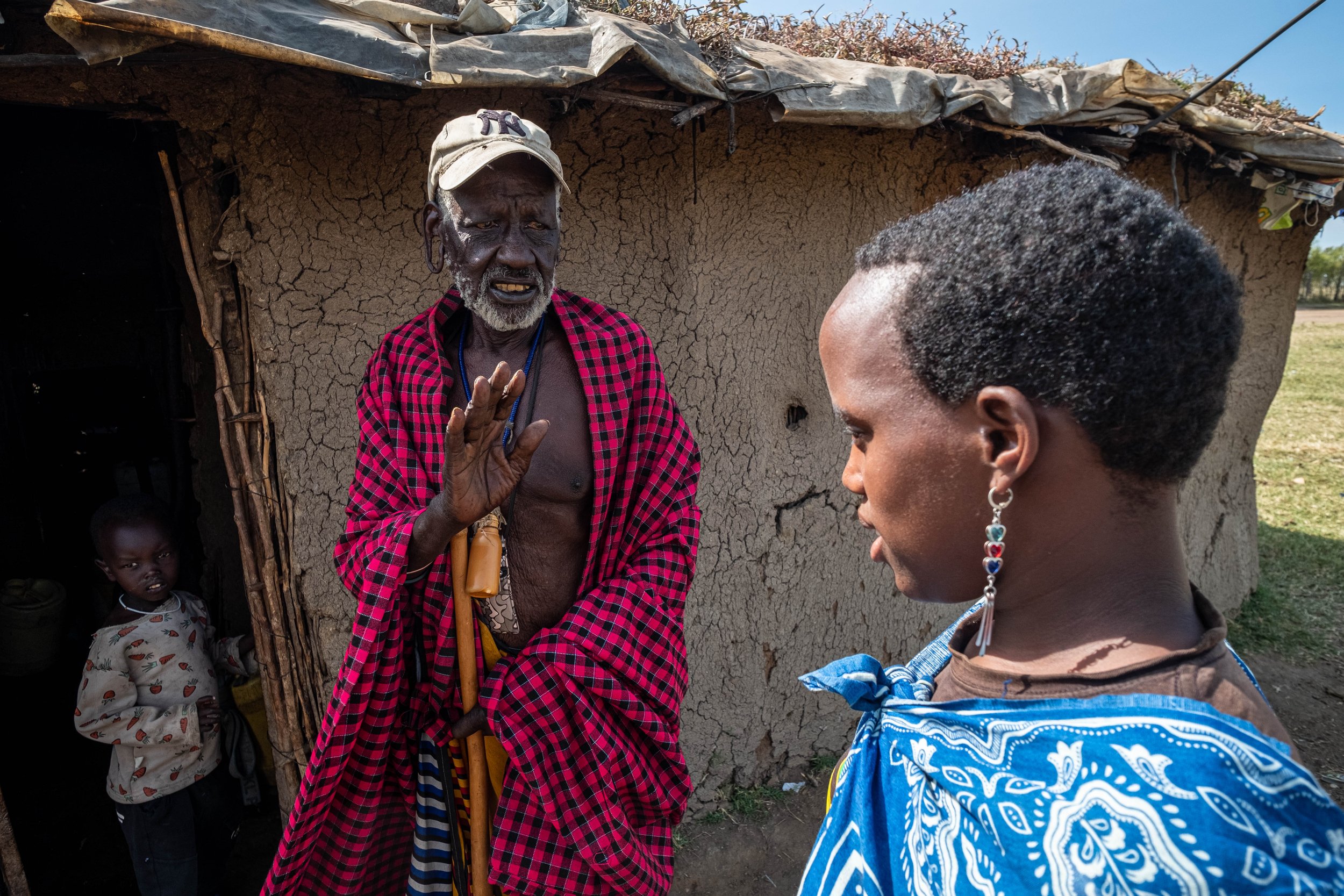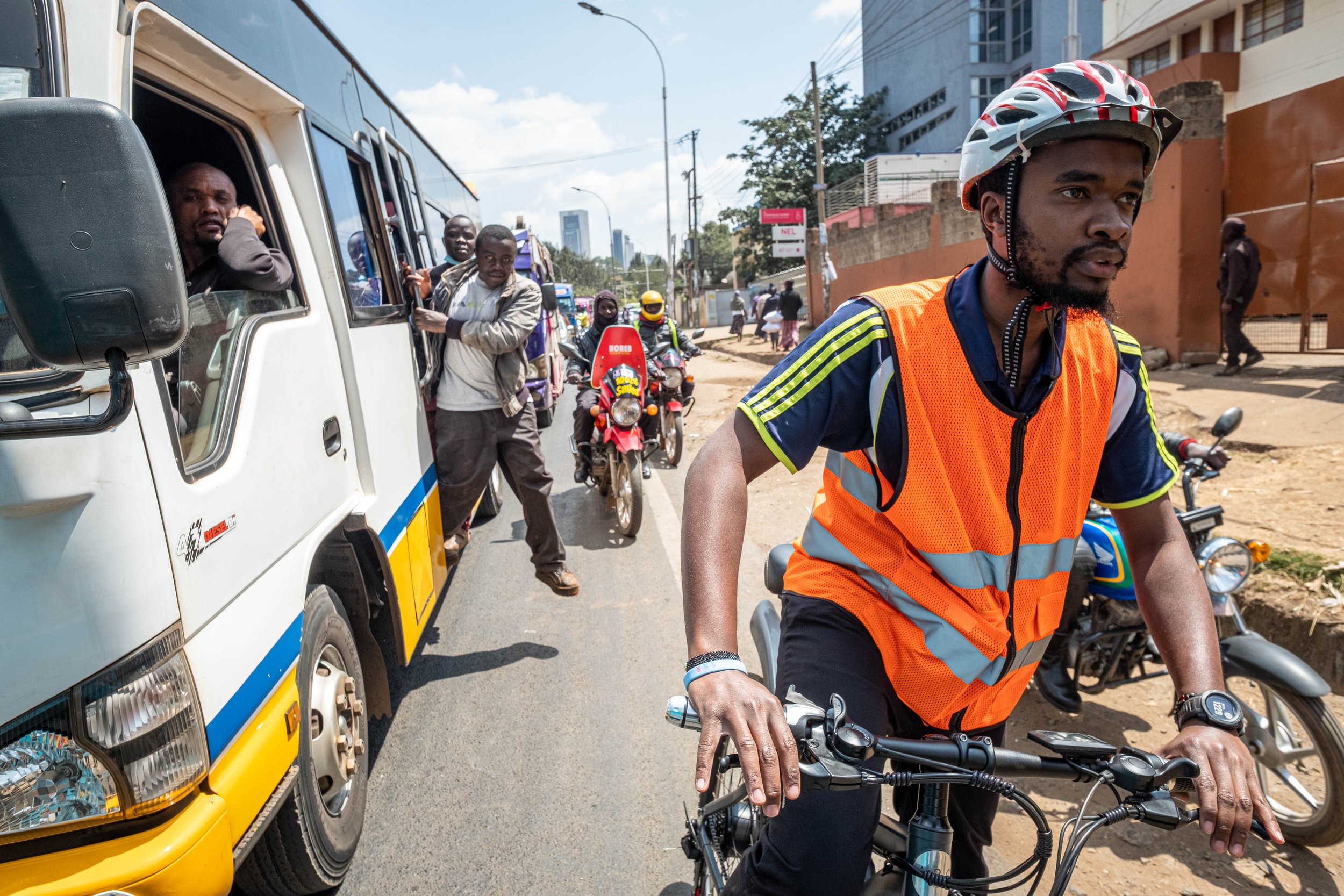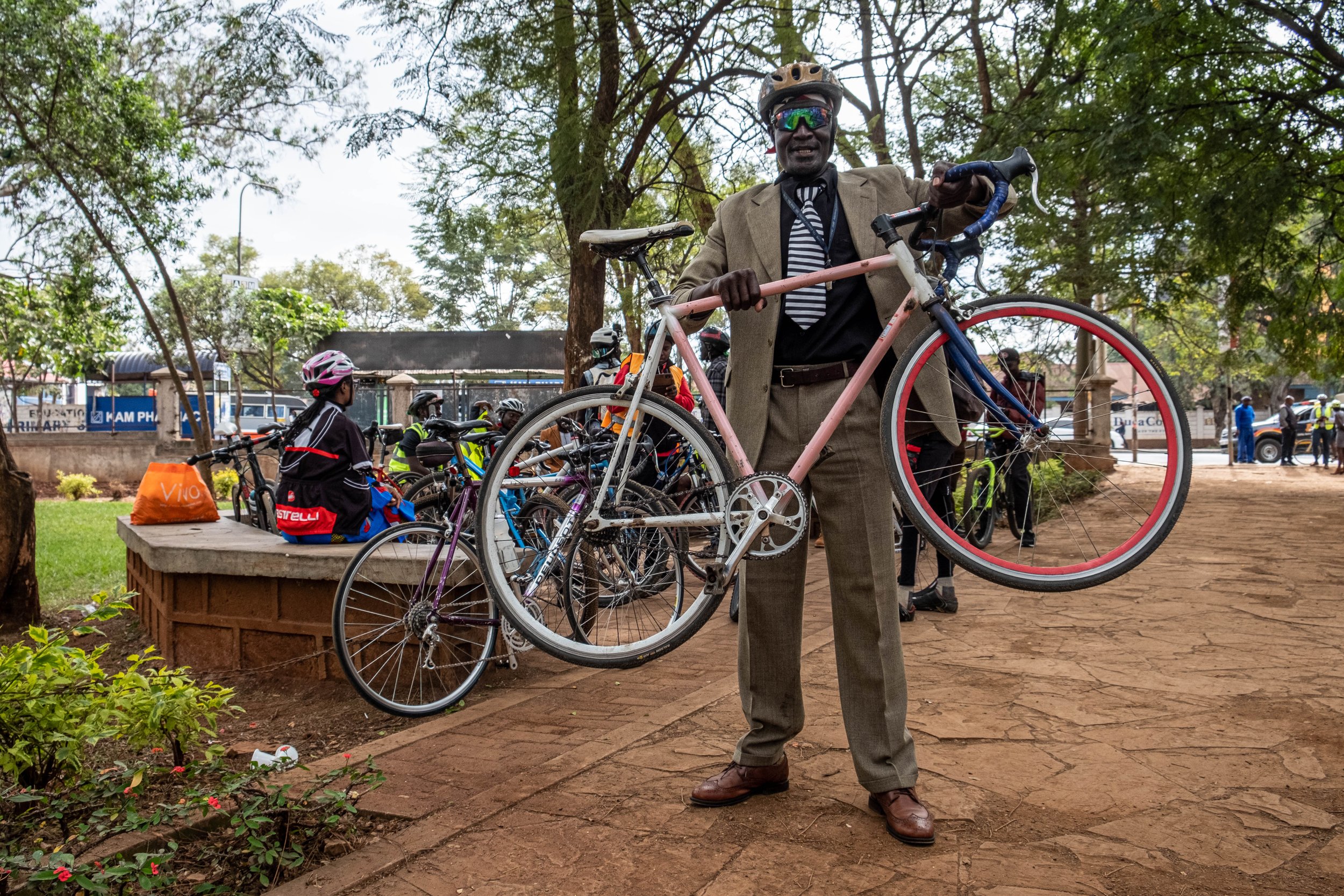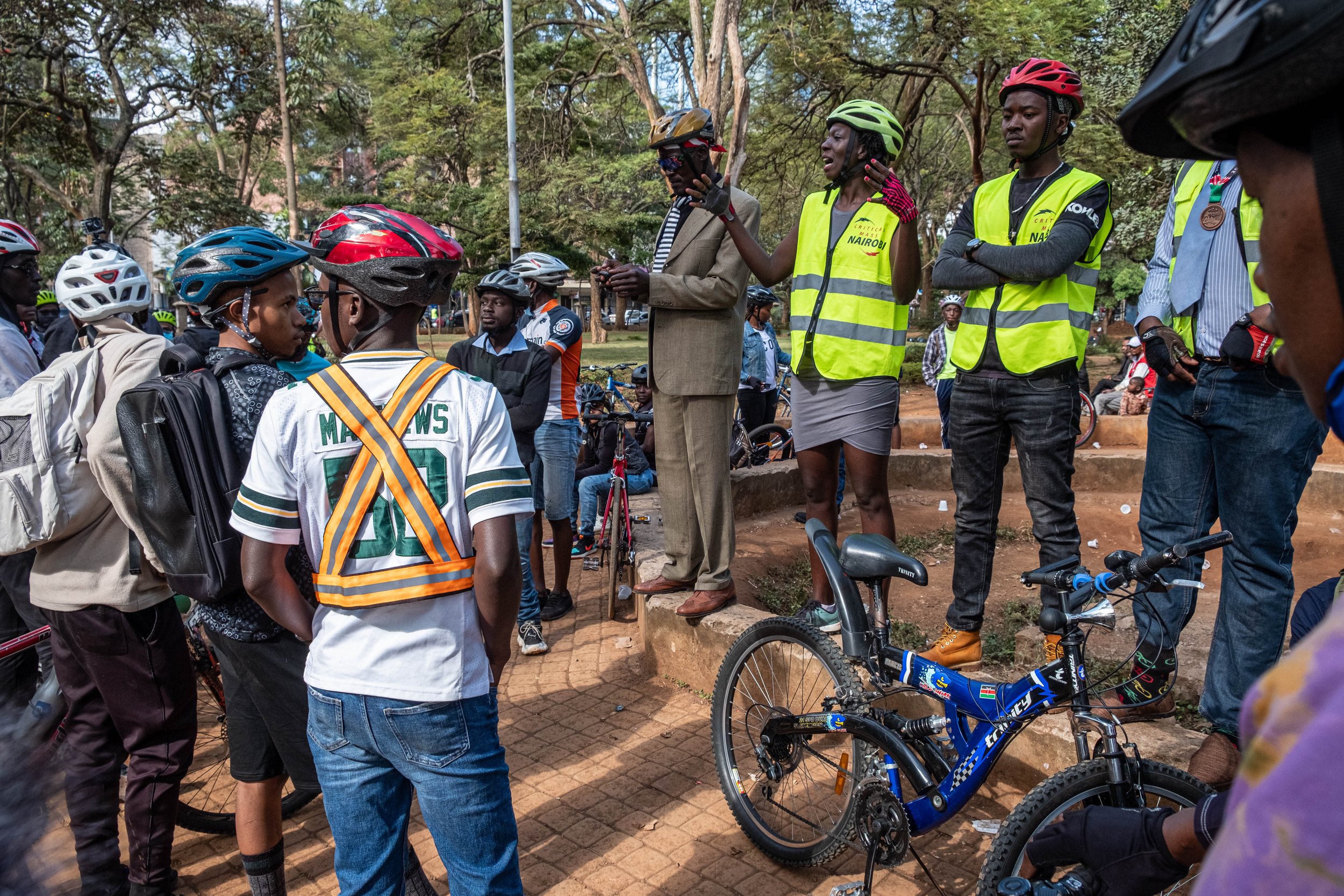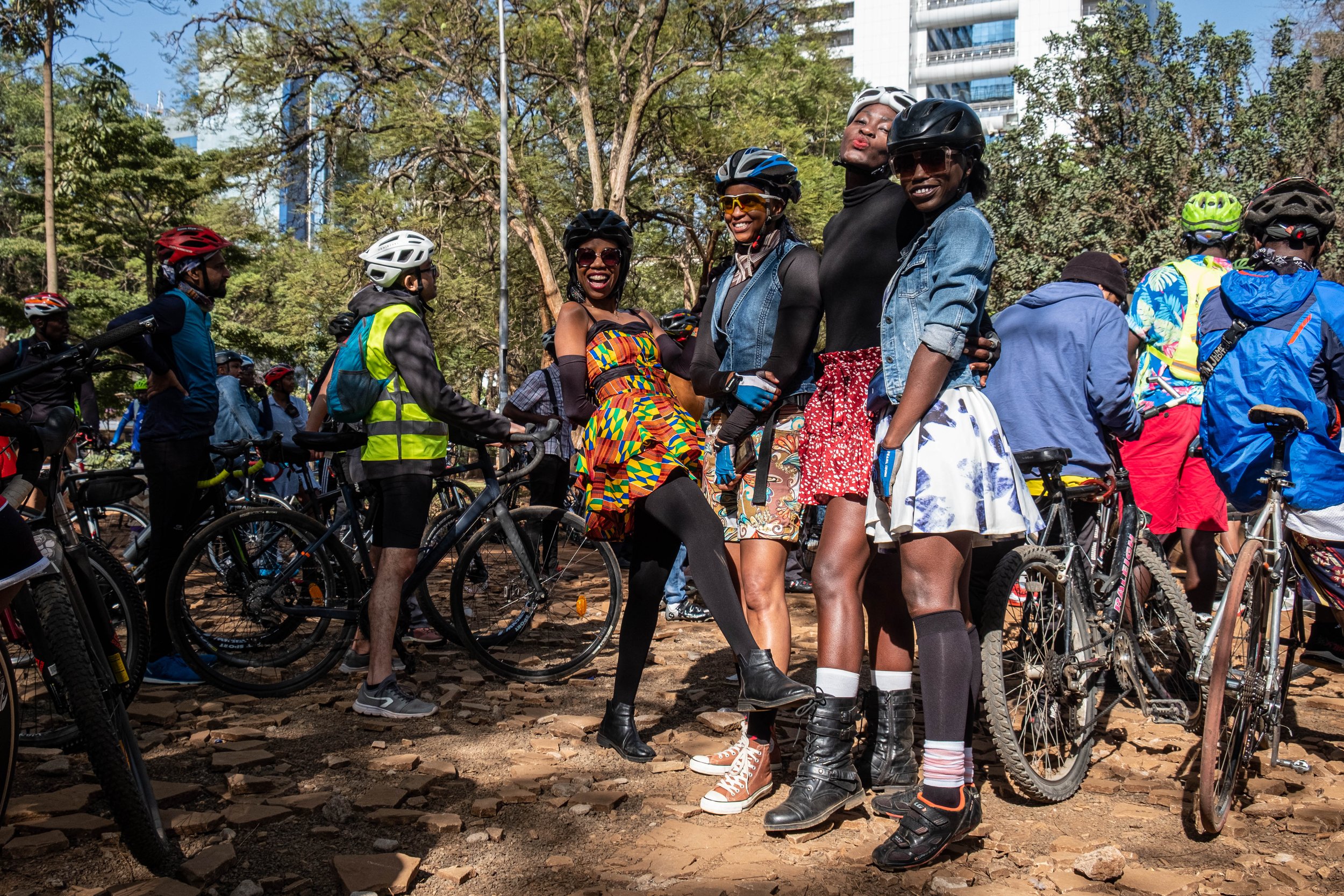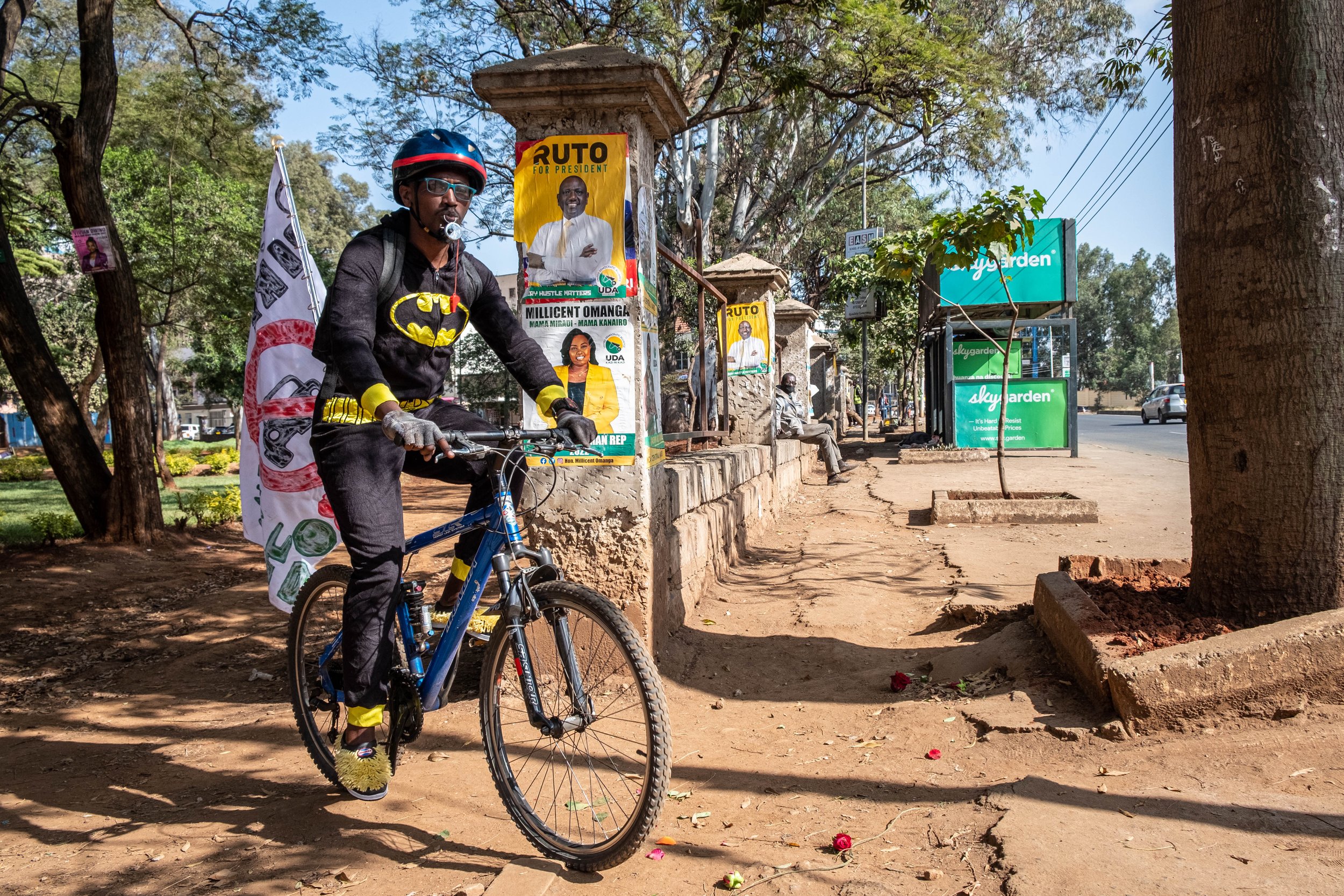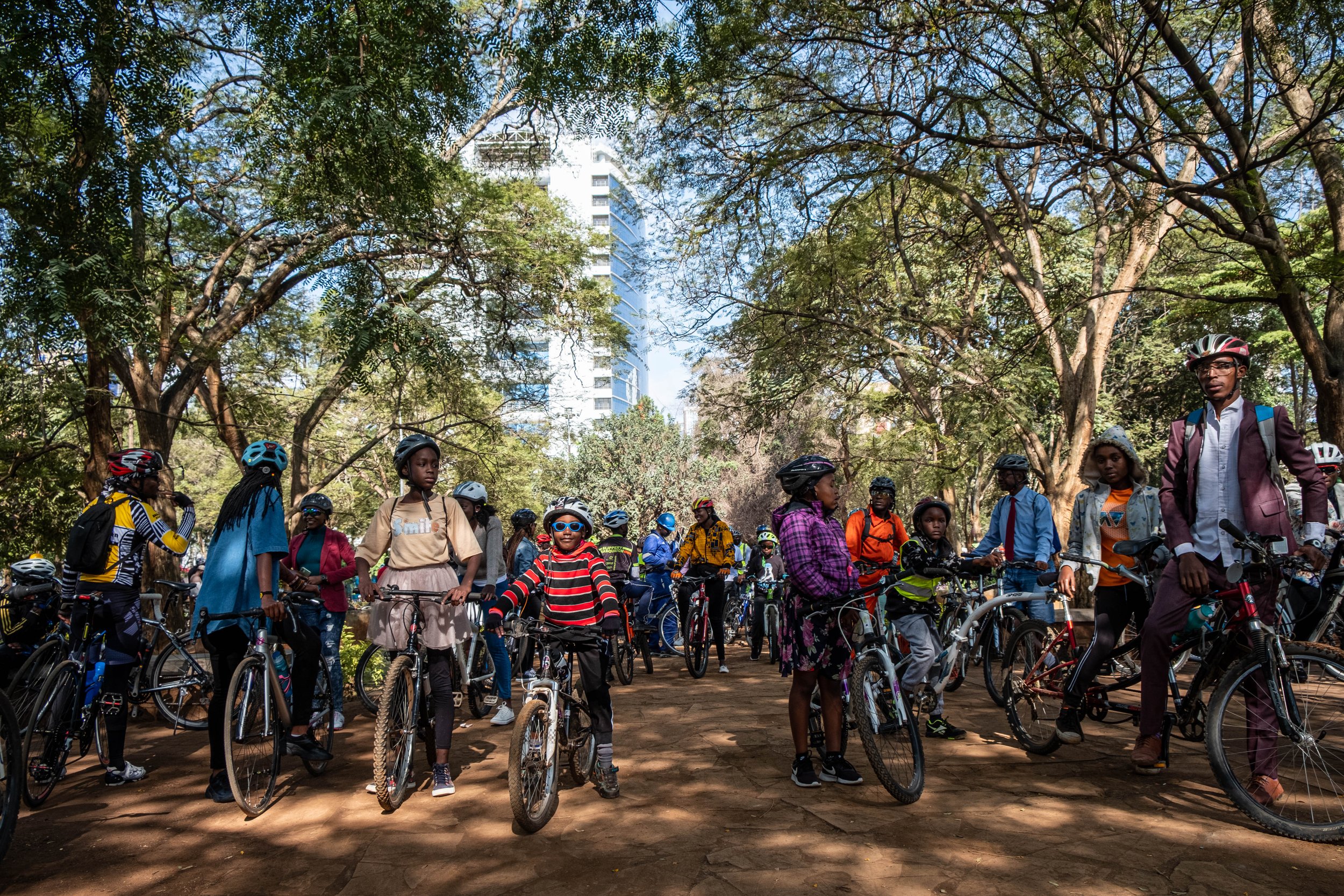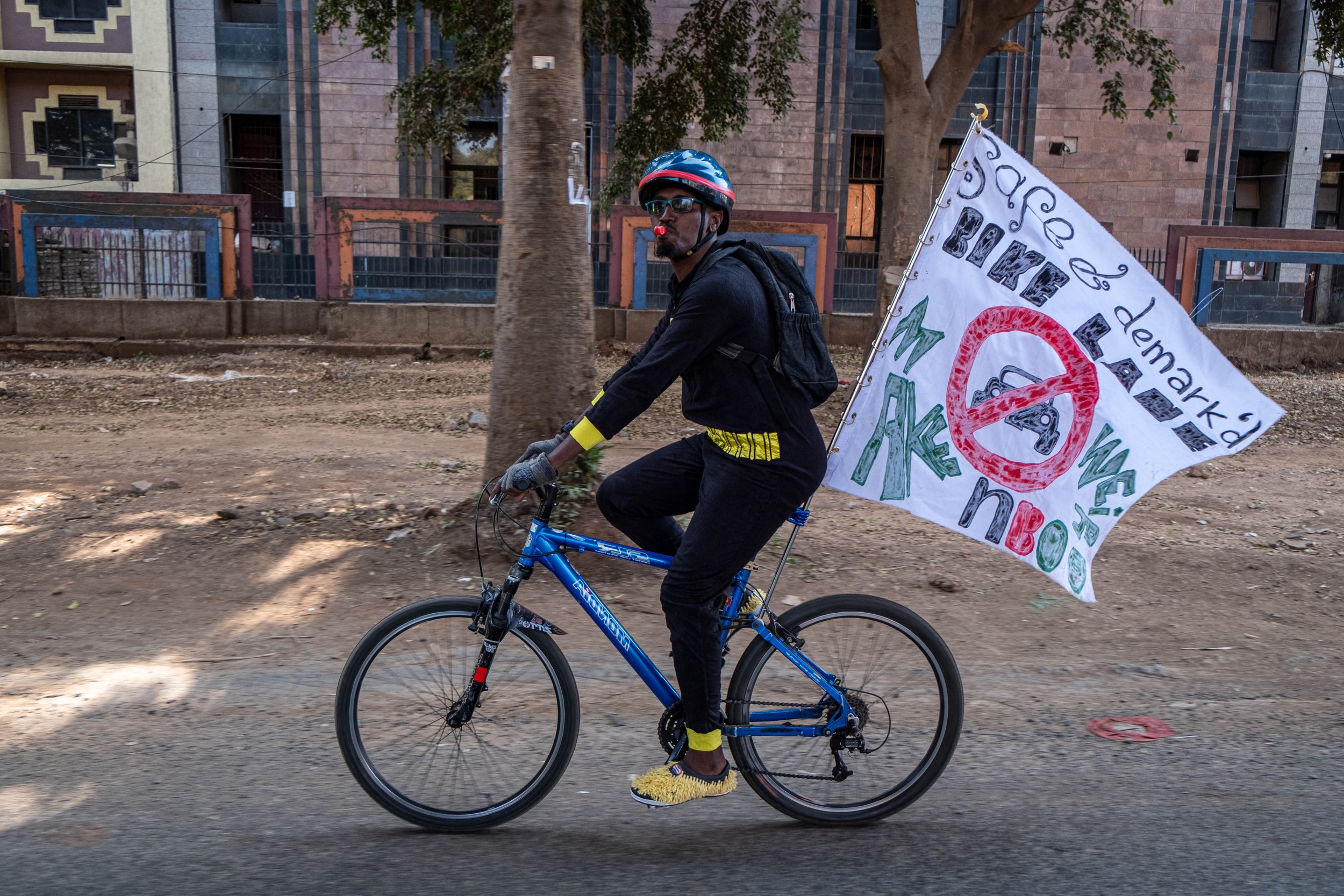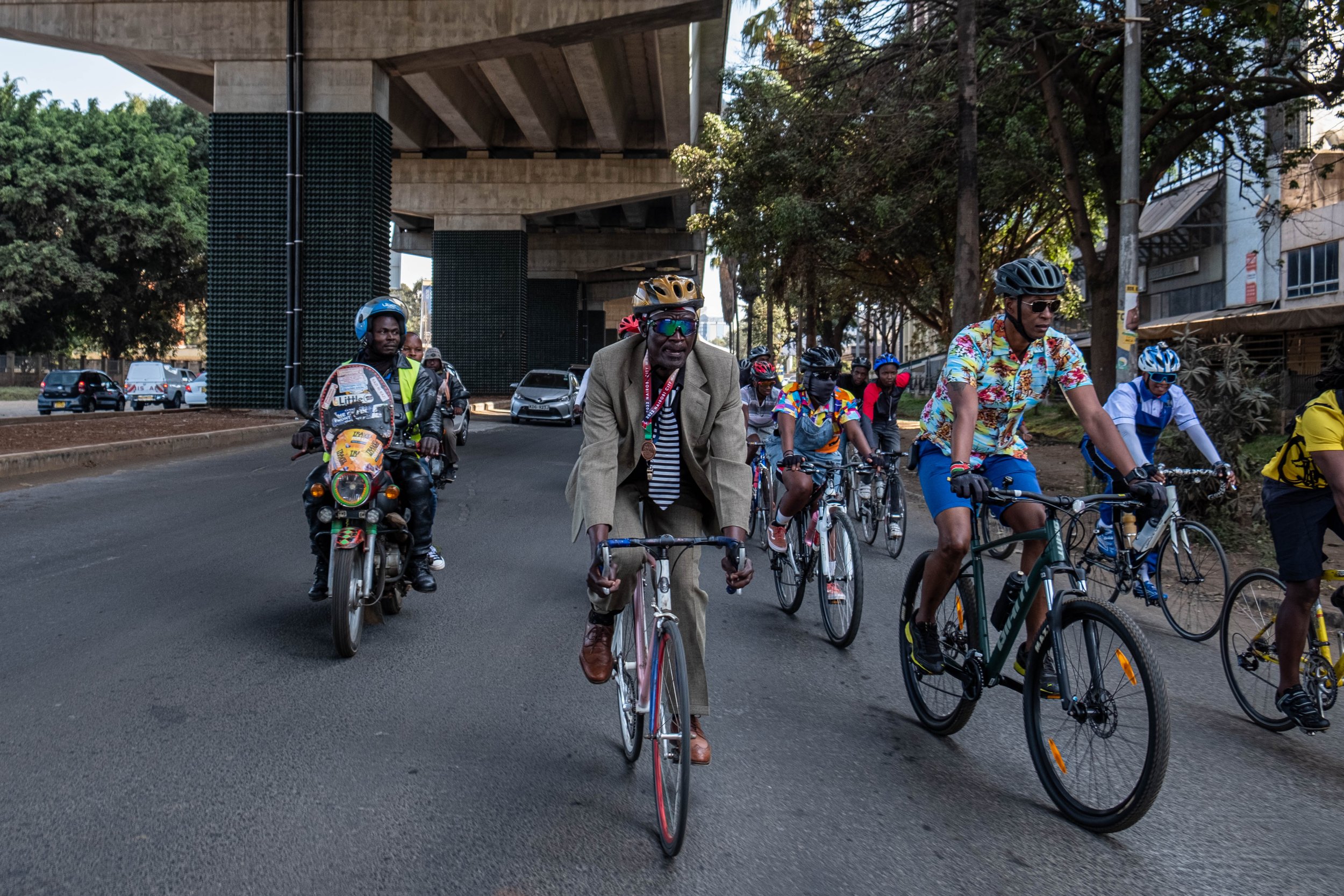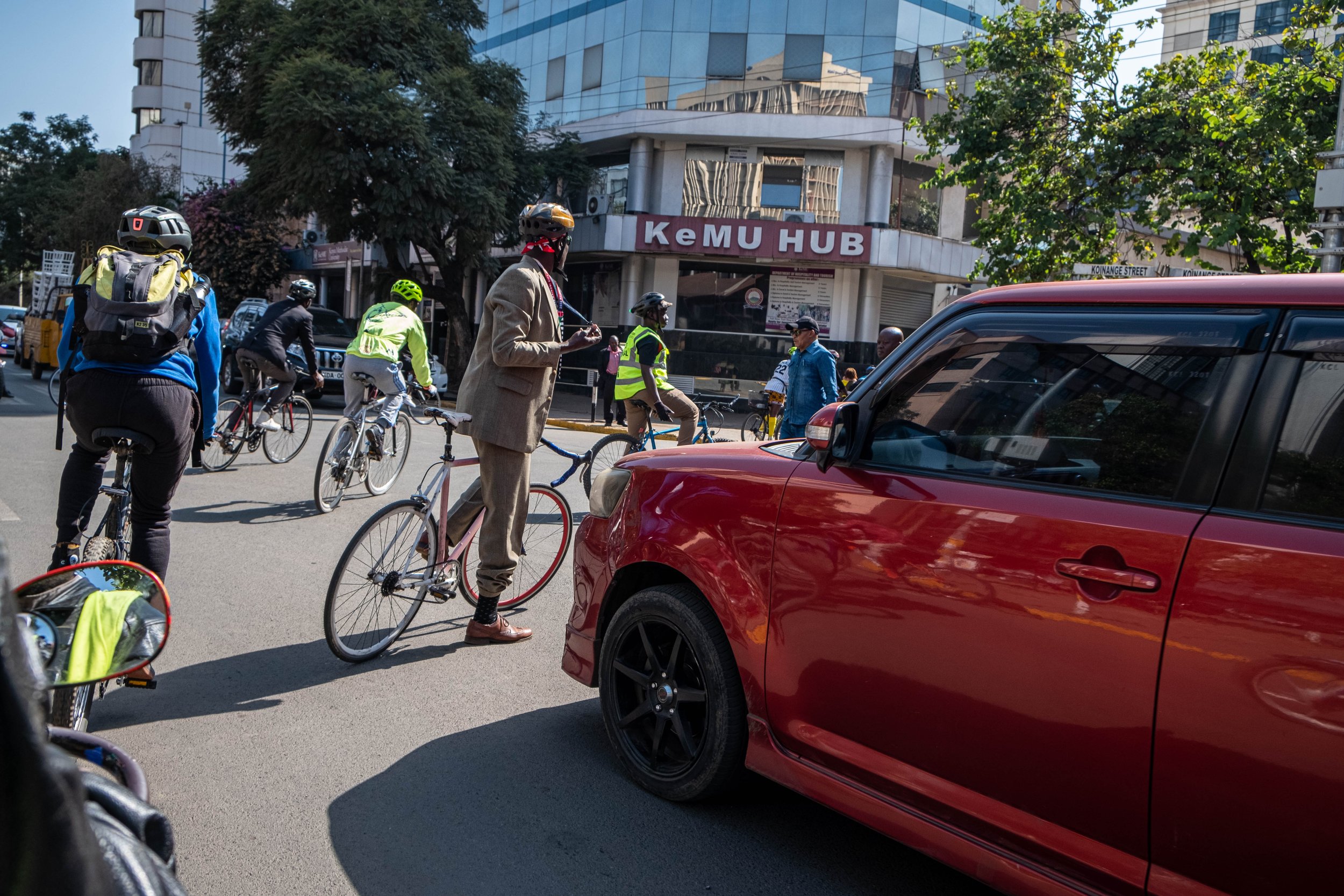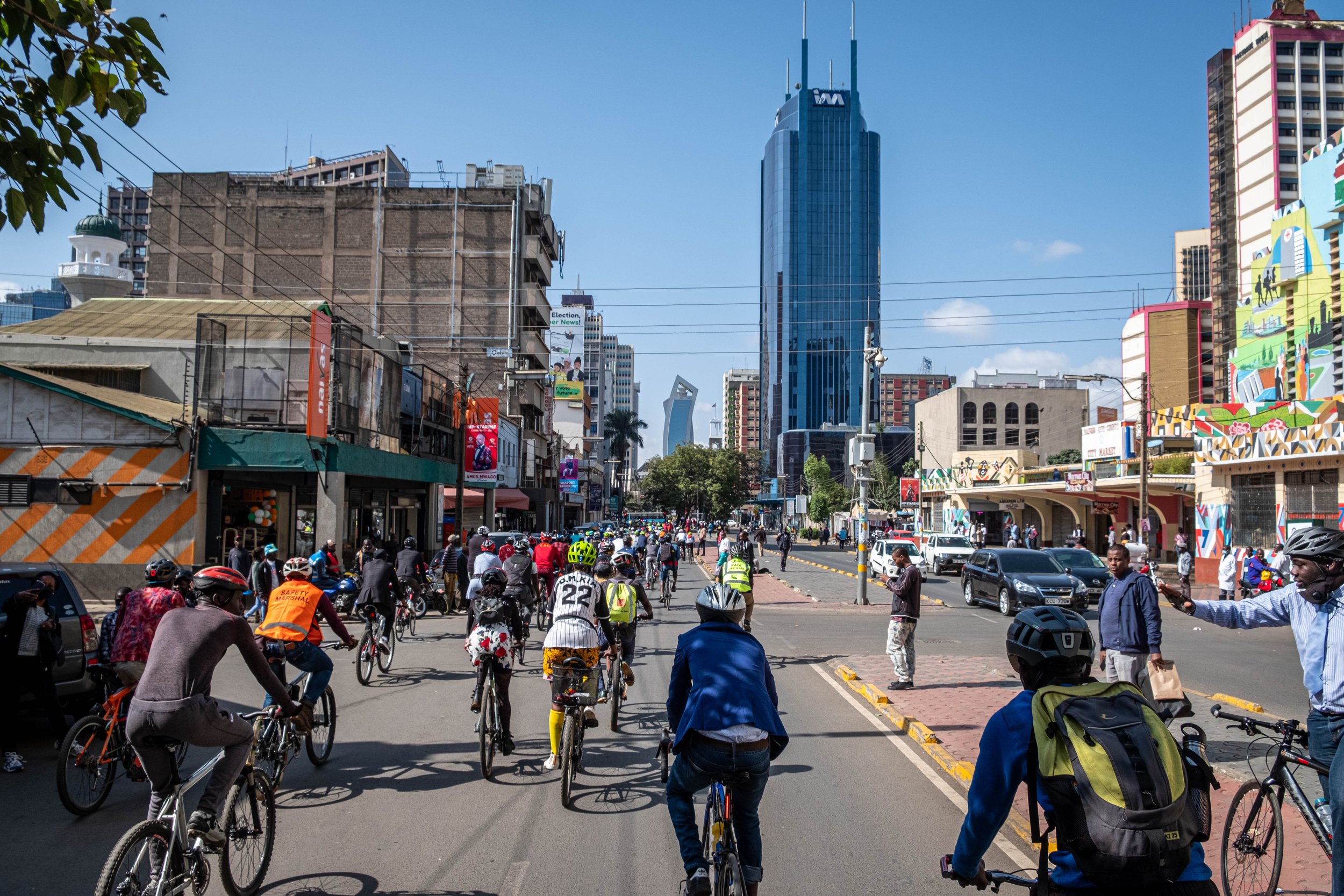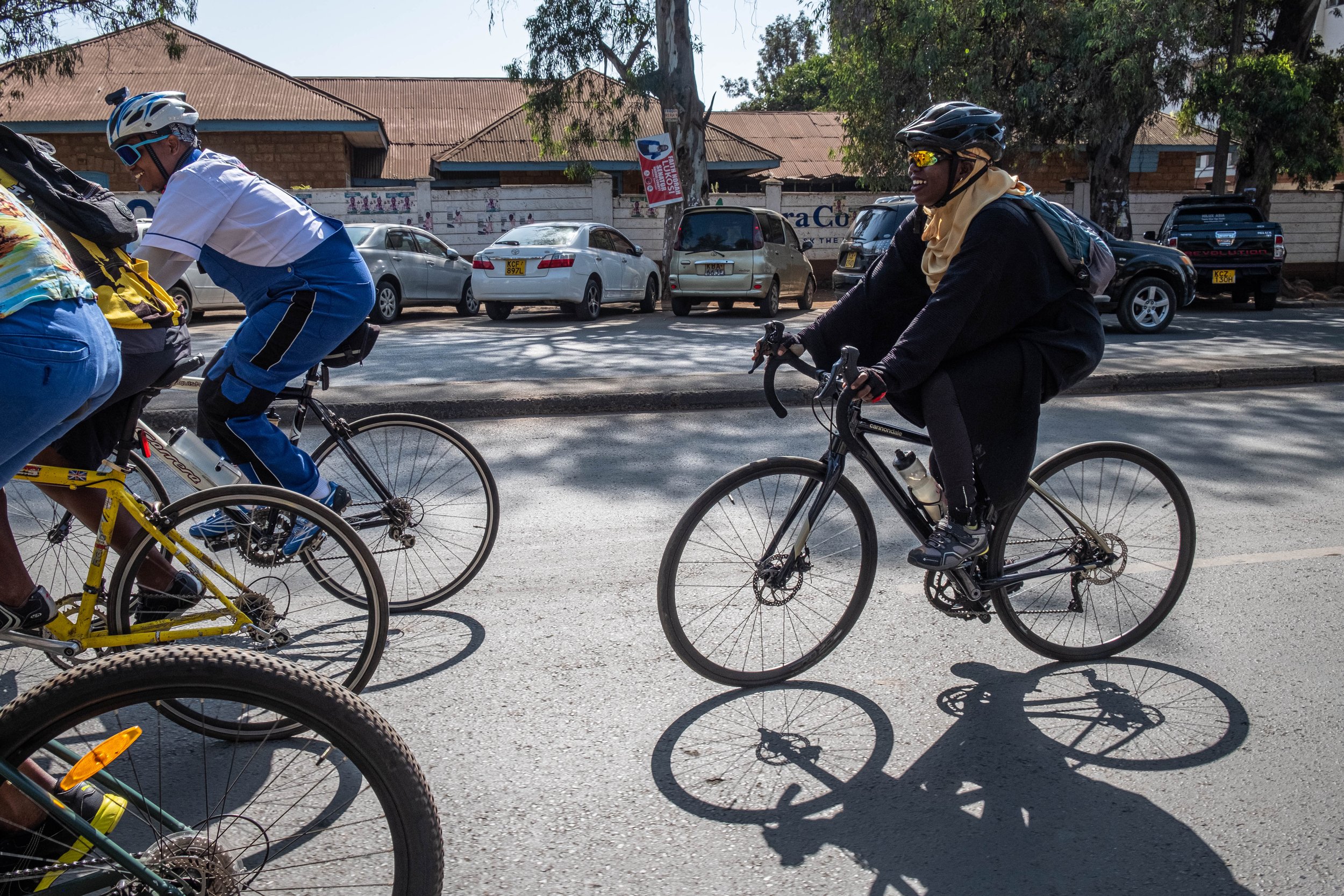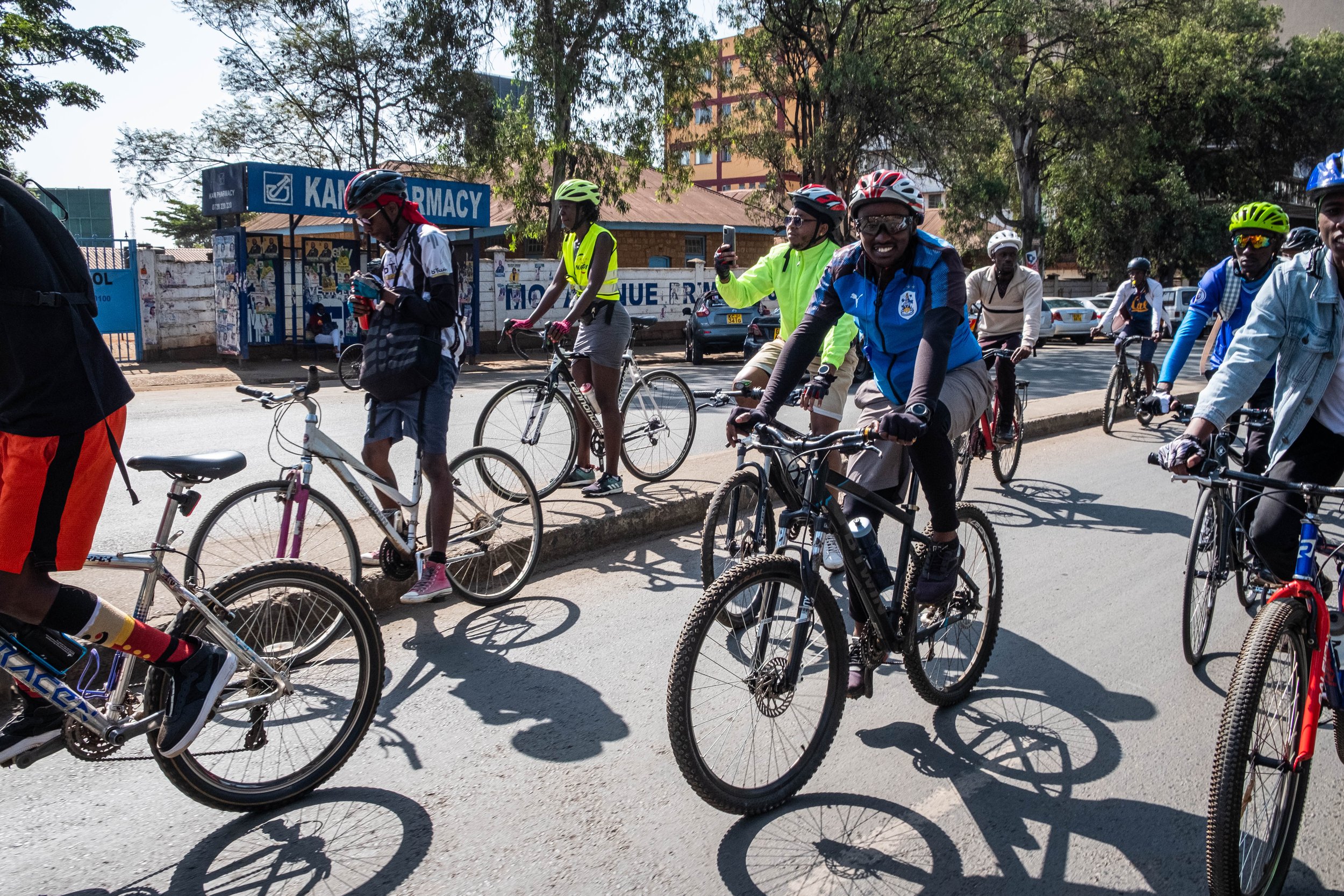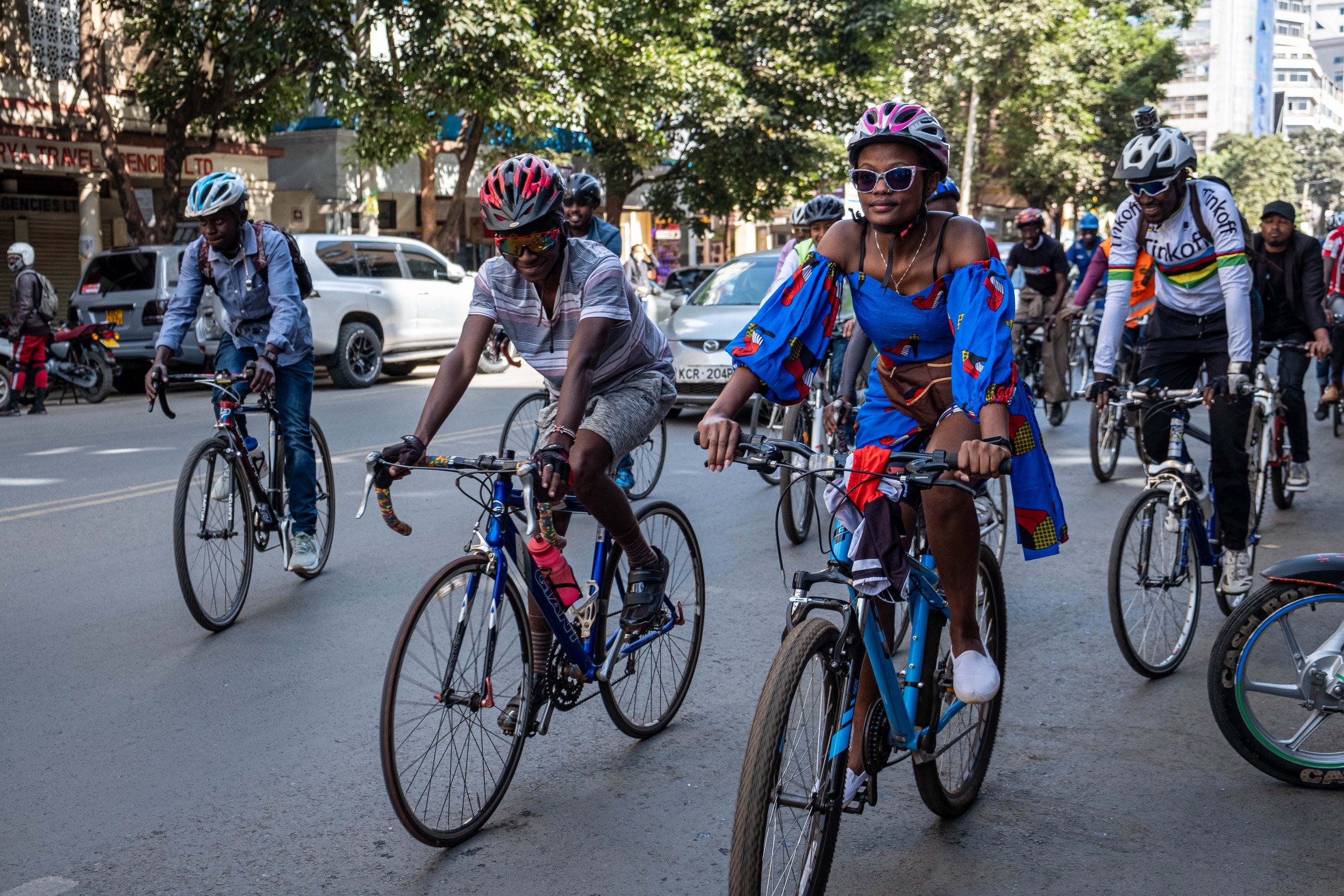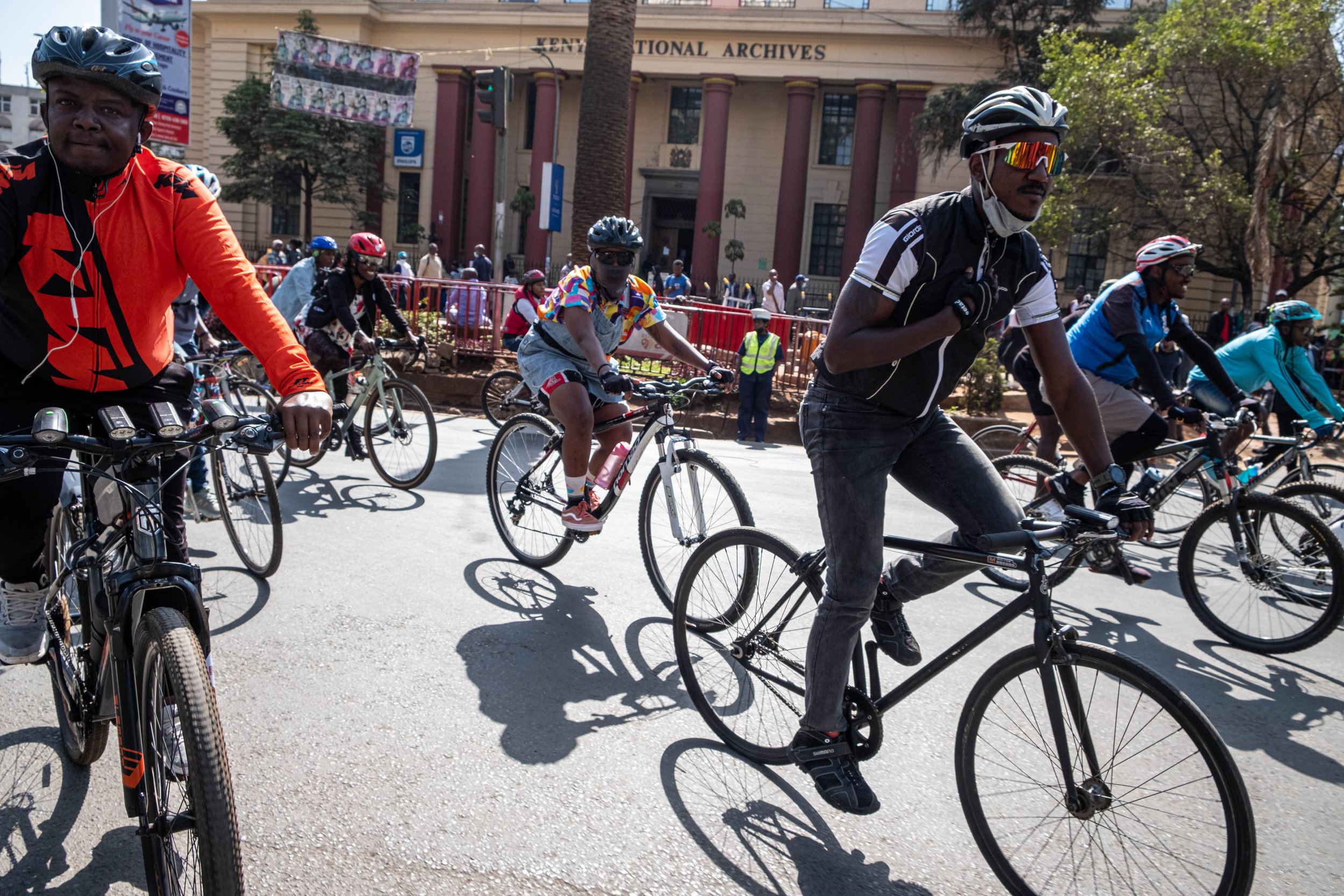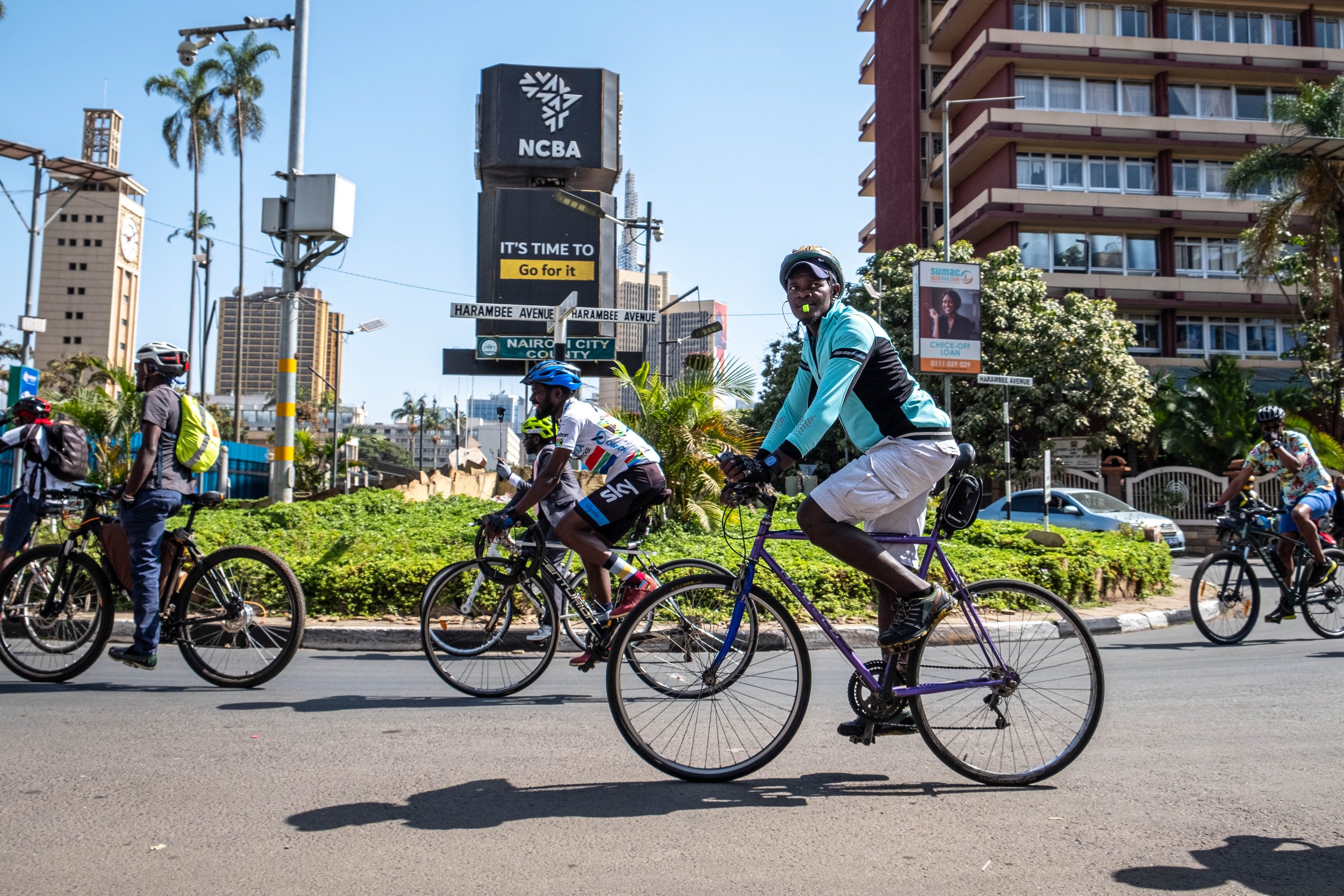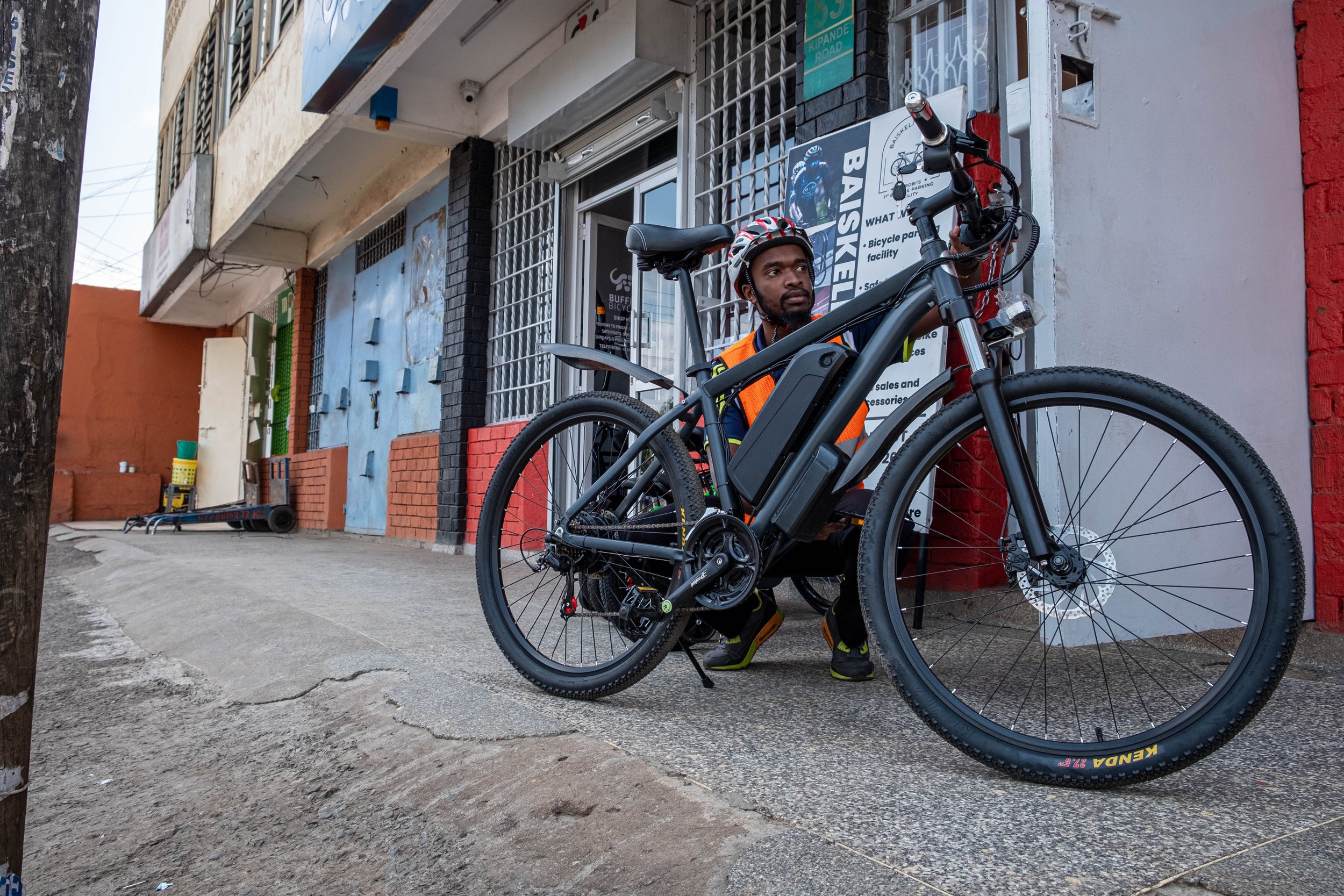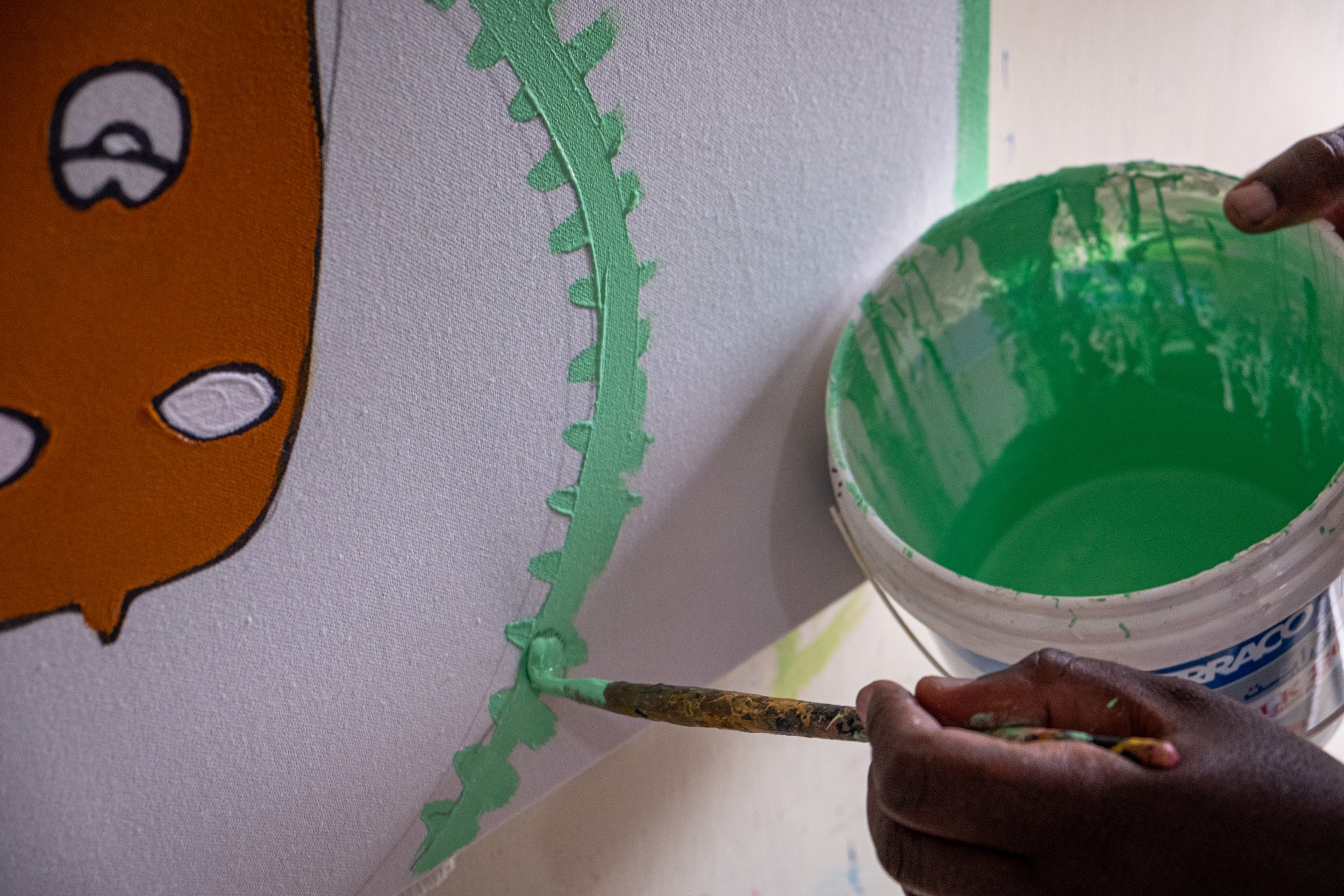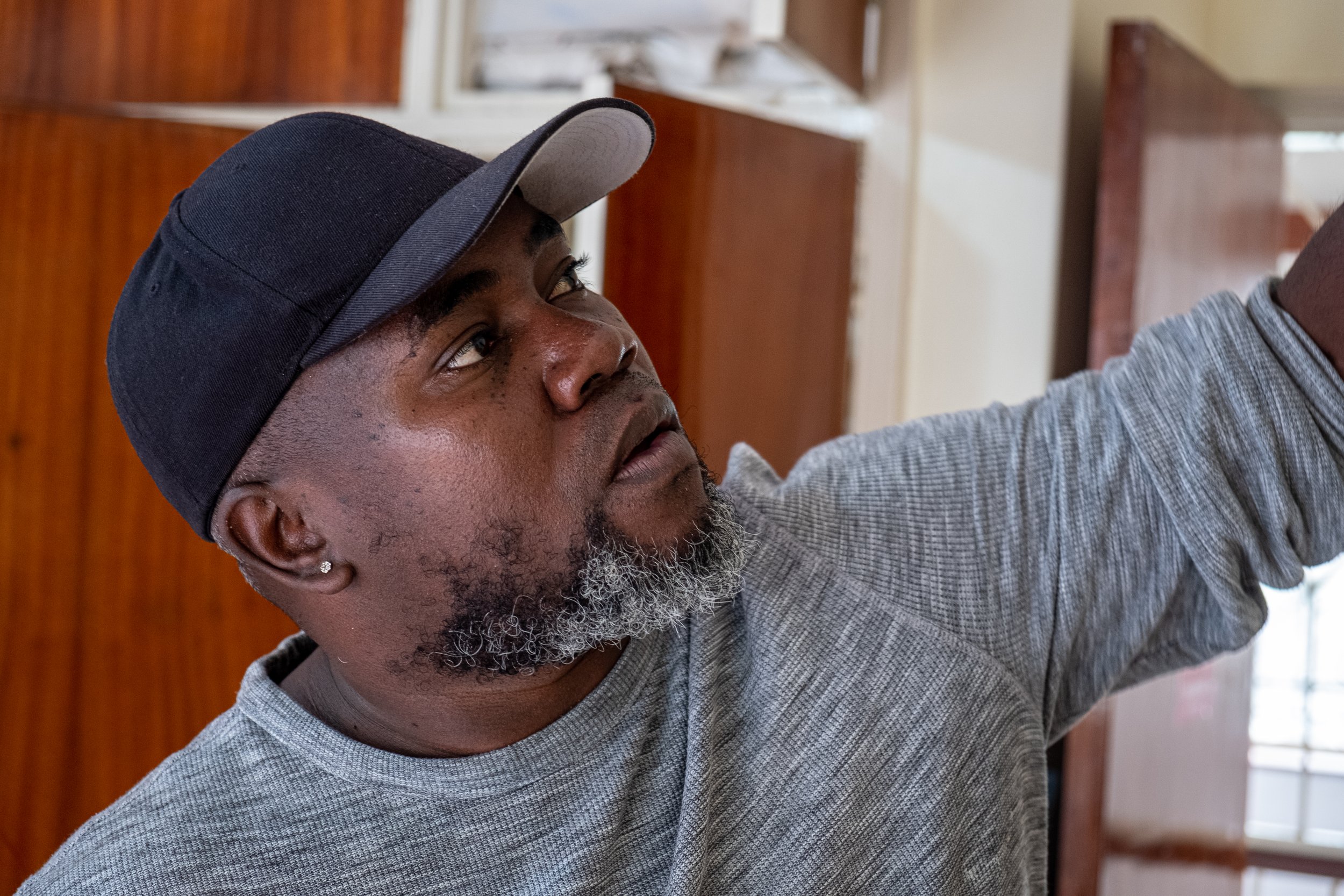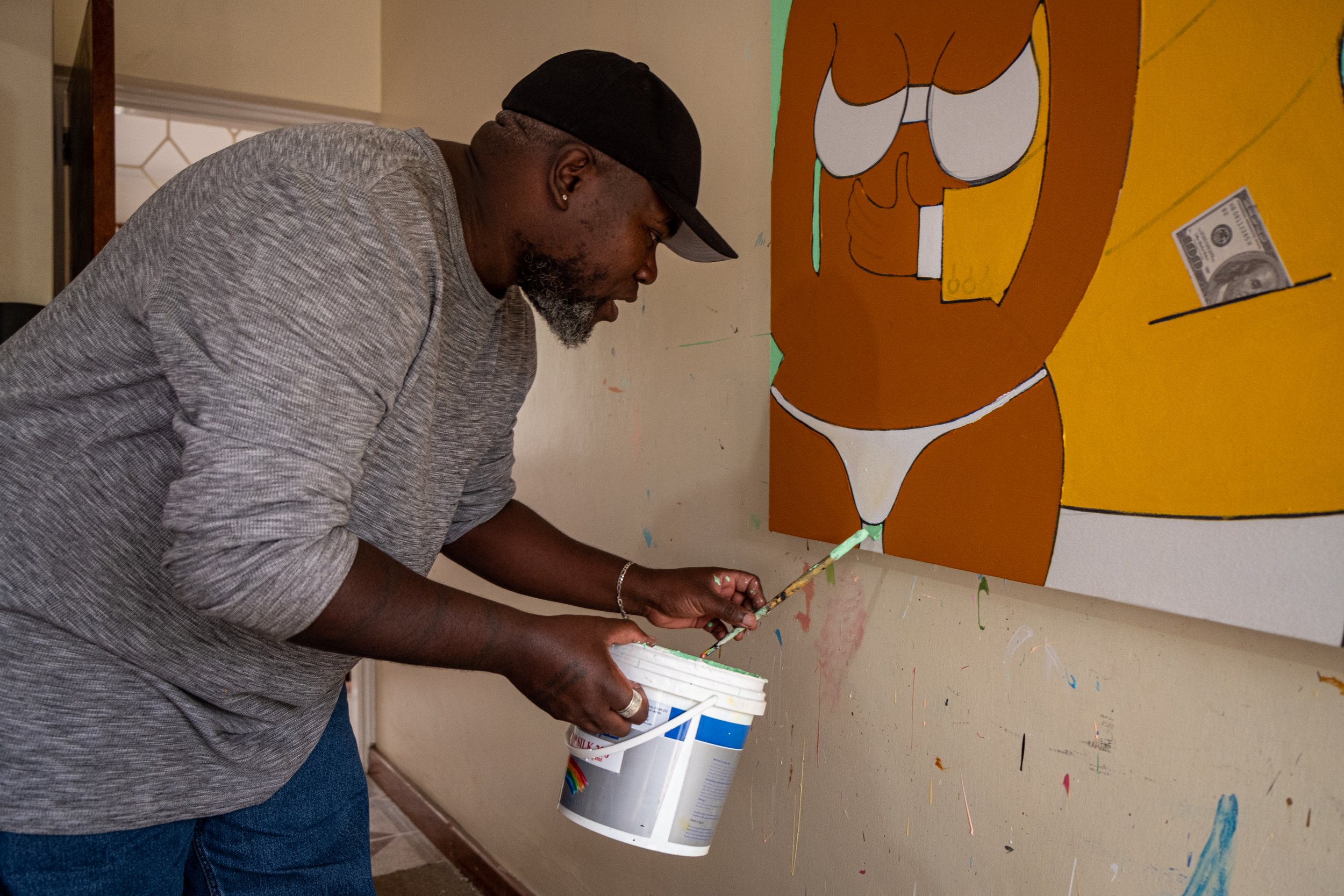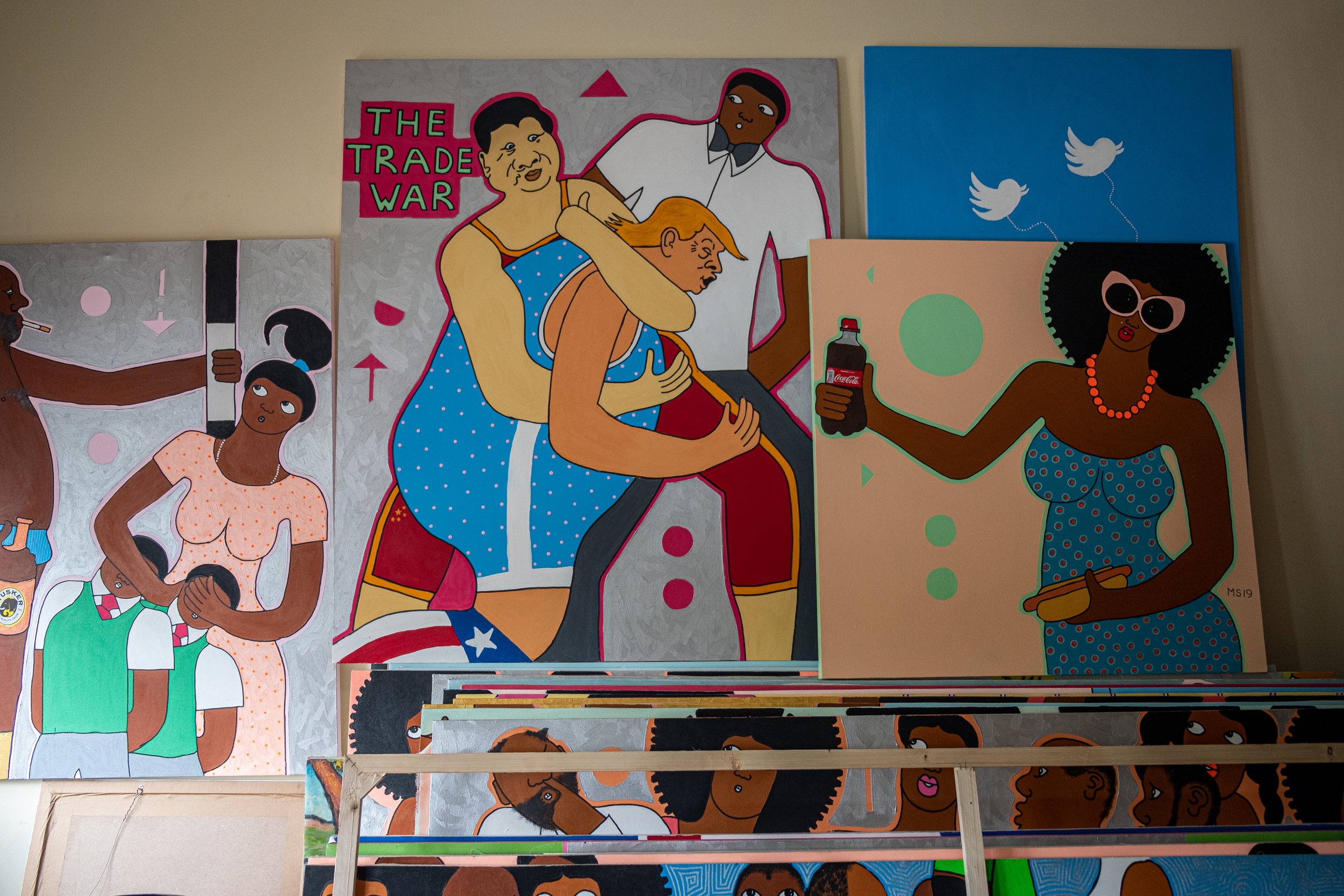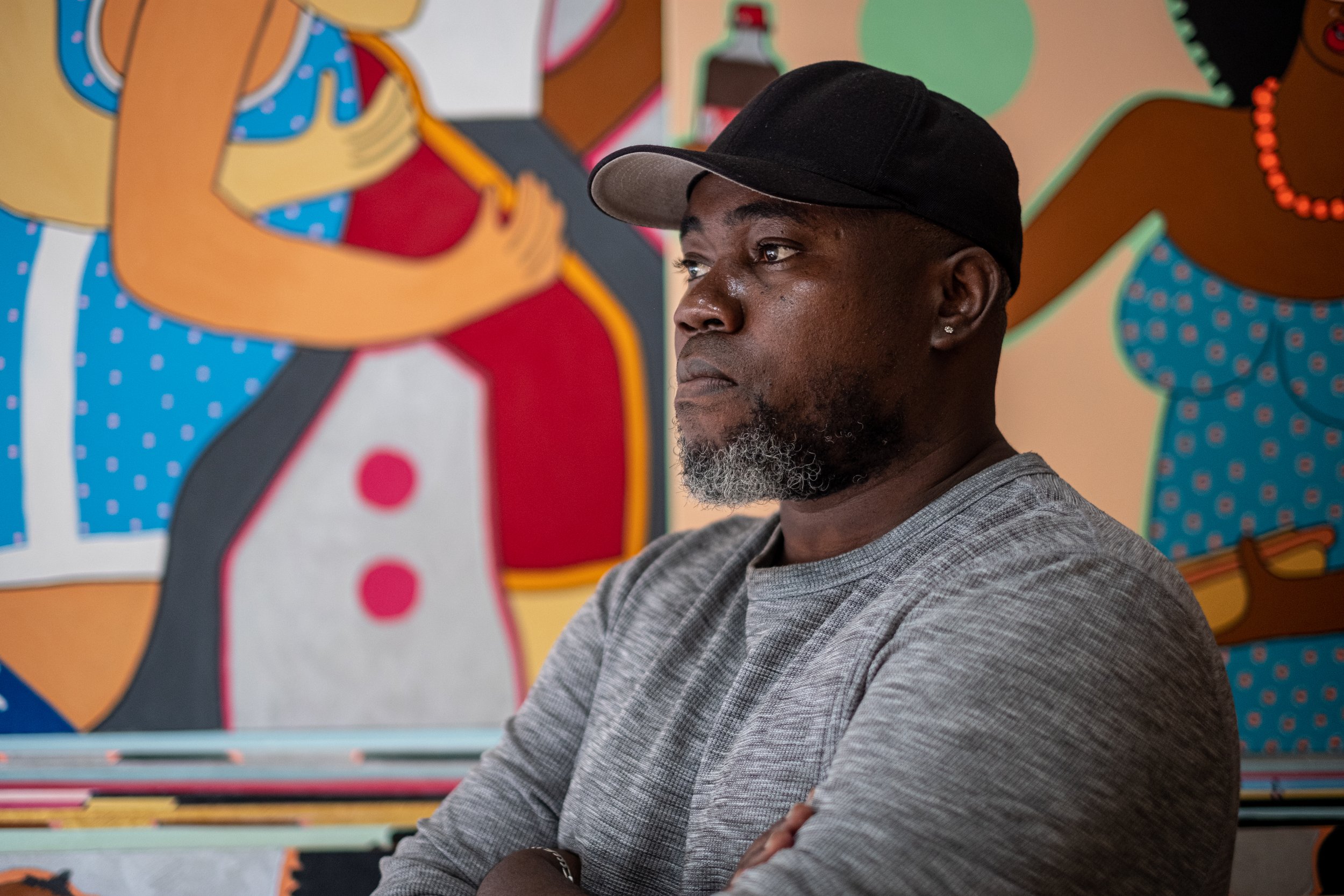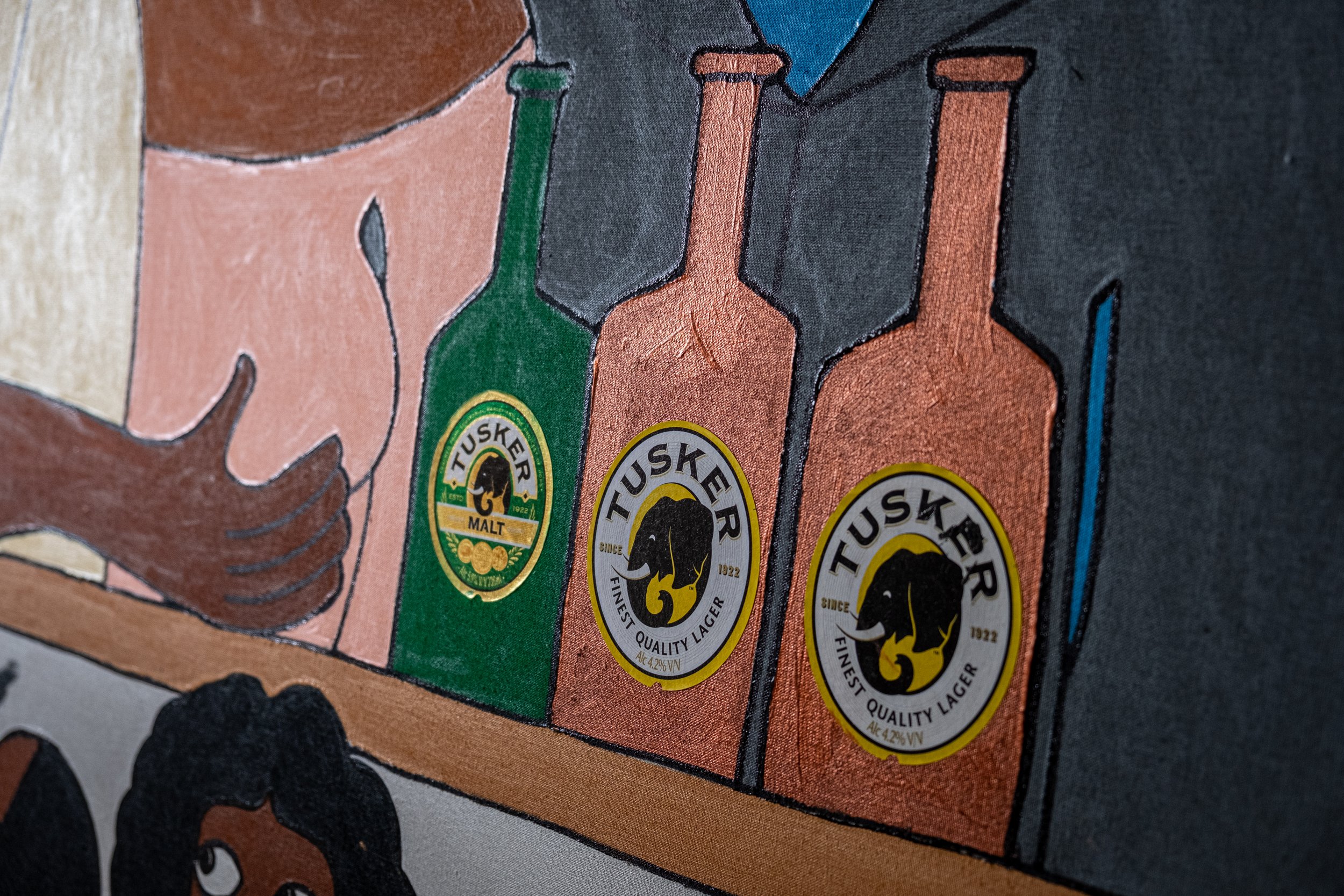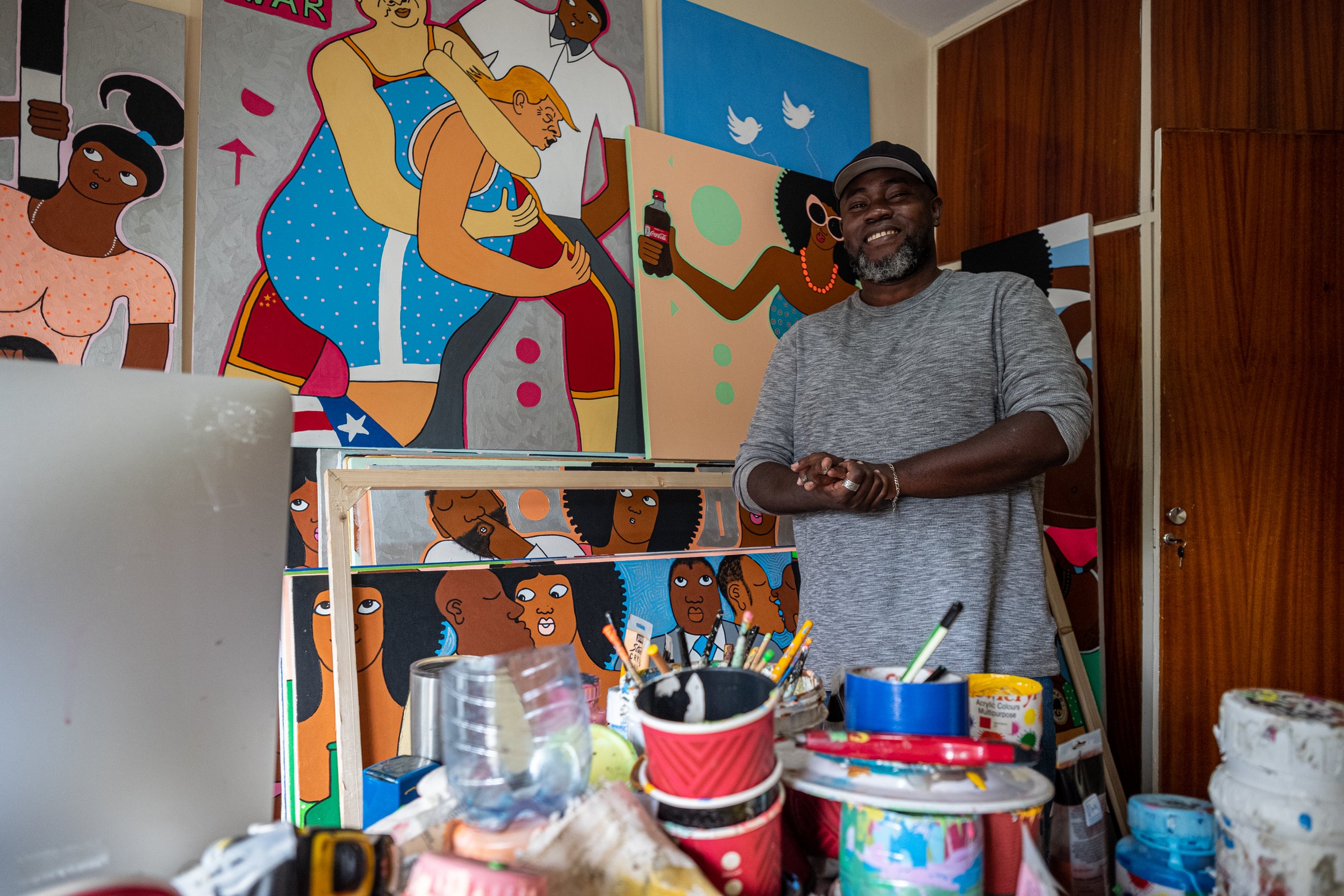In the Netherlands we have far more cows than we need, I tell the Maasai elder. He nods approvingly.
The Netherlands feels far away, here in a house made of cow dung and sticks in southern Kenya. It is hot and stuffy in the manyatta, where I sit on a small wooden stool between eight playing children. My eyes sting from the smoke that comes from a small fire, above the flames a blackened pan with heated goat's milk boils over.
Even the contrast with the capital of Kenya, which is a few hundred kilometers to the north, is large. In Nairobi, the metropolis where I have now lived for about four and a half years, I have superfast internet everywhere, my girlfriend and I order sushi through Uber Eats and our baby crawls around in Pampers – no, over there, the difference with life in The Netherlands is quite small.
Yet today the men and women who are seminomadic Maasai pastoralists from southern Kenya, want to talk about the similarities. Like the Karamojong, Fulani, Samburu or other herders and hunter-gatherers I've met in recent years, they mainly focus on what connects us.
'Do you also have cows in the Netherlands?' is the first question I get when I ask after the newspaper interview whether they also have any questions for me. Yes, I answer, much more than we even need. Ole Ndaika, the elder I am interviewing, nods approvingly.
I know why the old man likes to hear this: for the herders who roam here in southern Kenya with their cattle, cows are the greatest asset – just like for farmers in the Netherlands. The more cows you have, the richer you are. Ole Ndaika may only wear a checkered shuka cloth over his underwear, but with his hundreds of cows he is also a multimillionaire (in Kenyan shillings, yes, but still).
Then my translator tries to explain what I say next about the ongoing nitrogen crisis in the Netherlands. The elder looks at me in surprise: isn't cow manure good for the environment? I decide to take a different approach and say that there is actually too little land in the Netherlands for farmers and their livestock.
'Mmm', Ole Ndaika agrees again. ‘Just like here.’ And so we come back to talking about why I'm here in his house in the first place: just like in many other places in Africa, the way of life of the nomadic shepherd is under pressure – I'm writing a story about that.
On my way to this Masai settlement I could clearly see the cause of the problems: along the road large tracts of land have been fenced off. The land that remains for the itinerant herders is also shrinking due to climate change, or they have to make way because the government wants to turn the grazing area into a wildlife park.
Ole Ndaika, despite the challenges, is cheerful. After all, he still has a lot of cows, his walking savings account is filled plenty. The longer we talk, the more excited he gets. Are the elderly in the Netherlands addressed differently than young people? In addition to cows, the Dutch also keep goats?! The distance between the Netherlands and the Kenya of Ole Ndaika is getting smaller and smaller – we actually are a lot alike.
When I say that I should probably hit the road, the man smiles and gives me a firm handshake and a slap on my shoulder. 'We are all family', Ole Ndaika concludes with a laugh. 'Now I get it. The Dutch are the Maasai of Europe.'
Read the original column (in Dutch) on the website of de Volkskrant.
